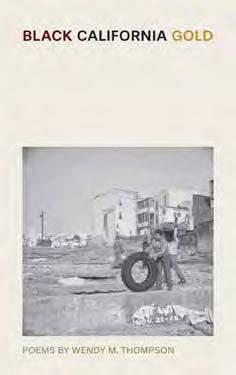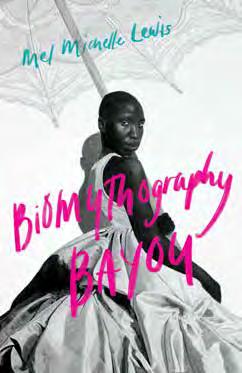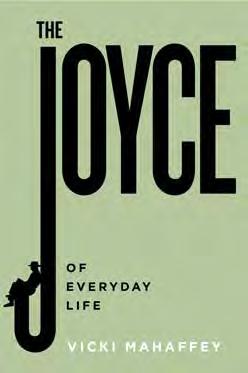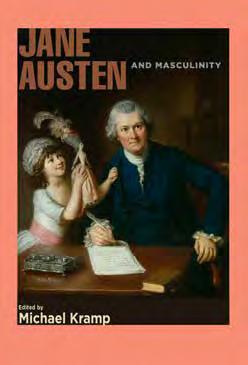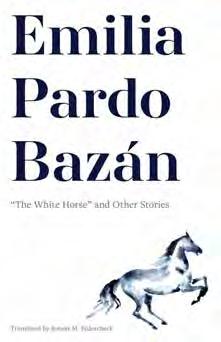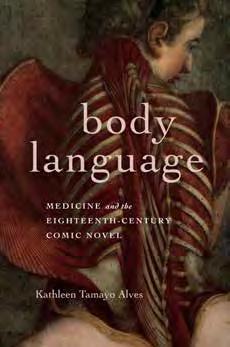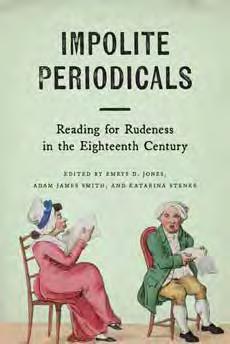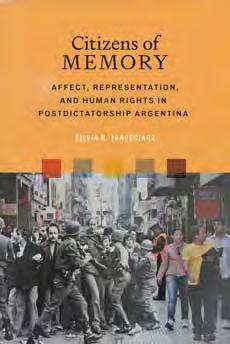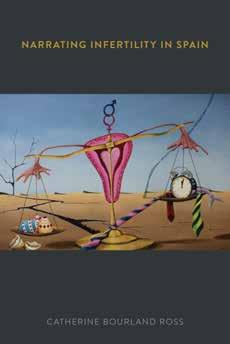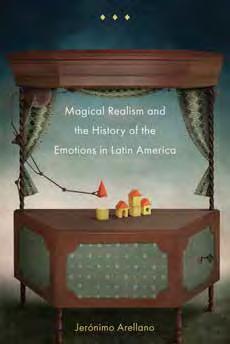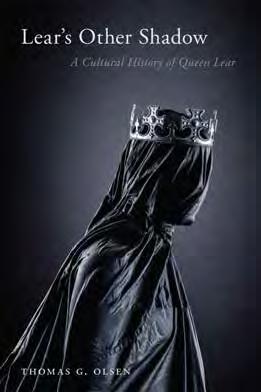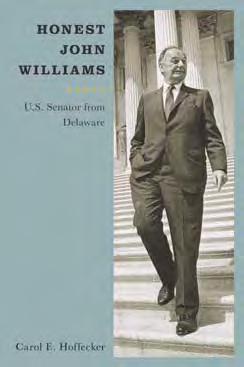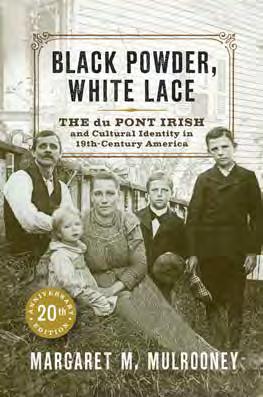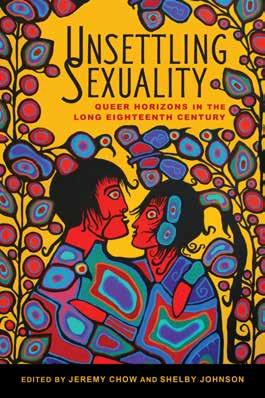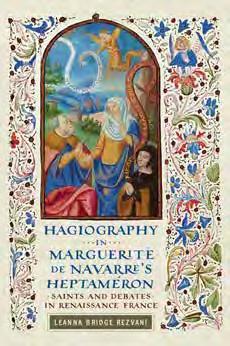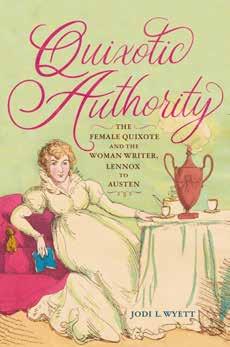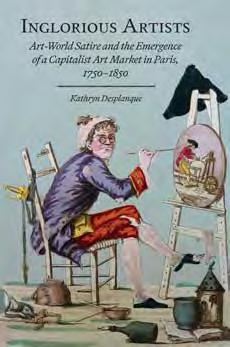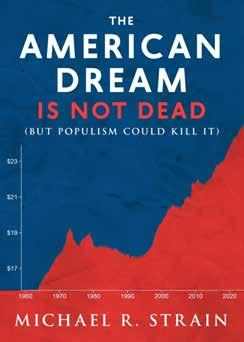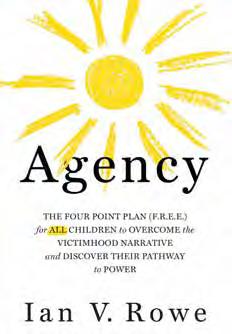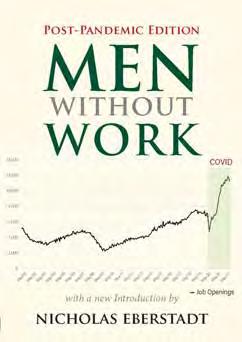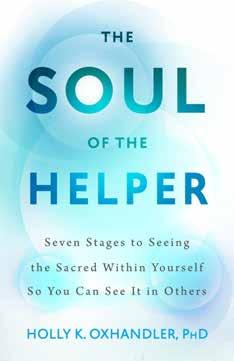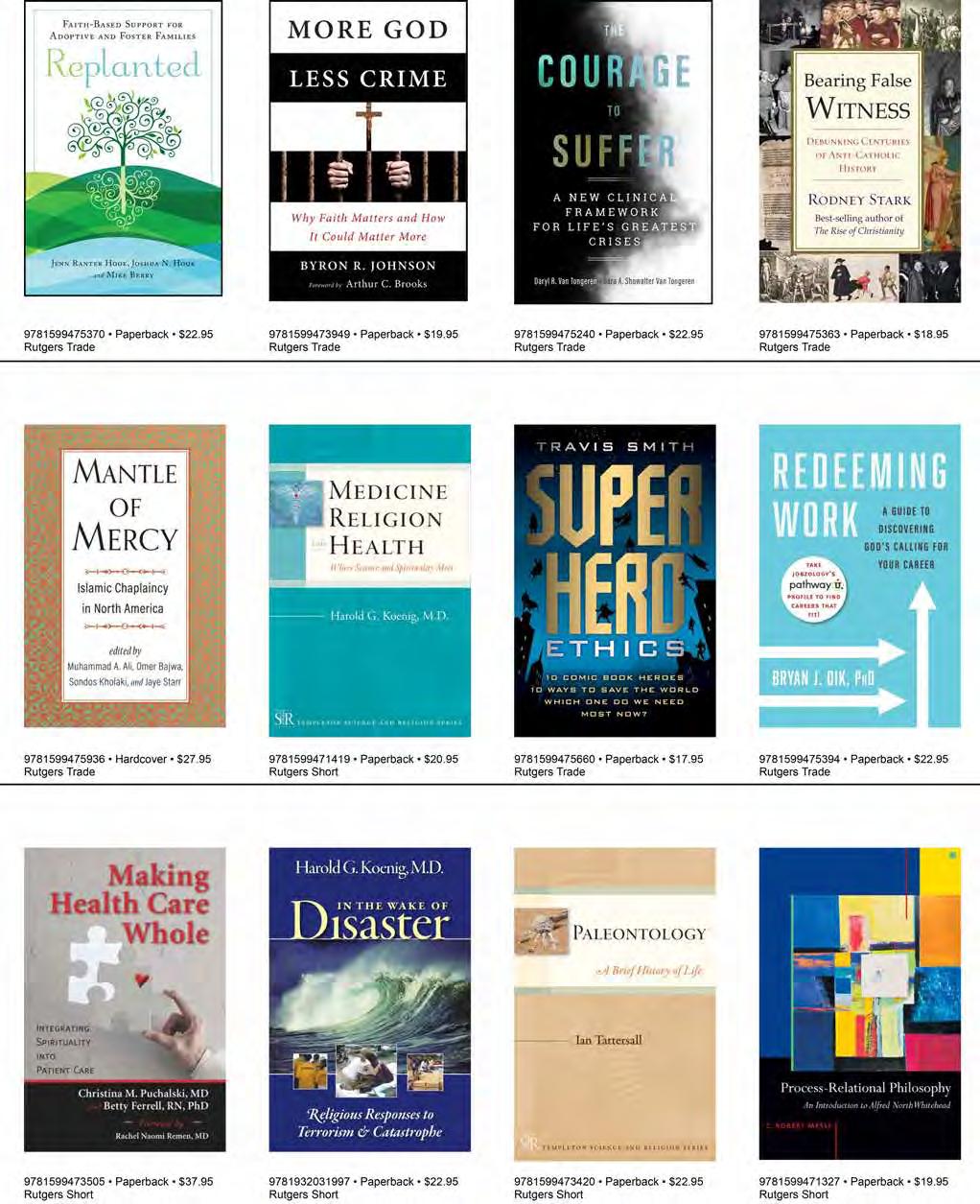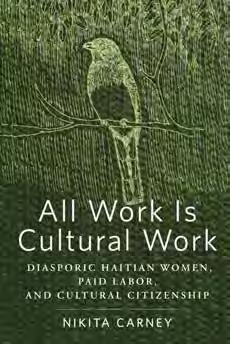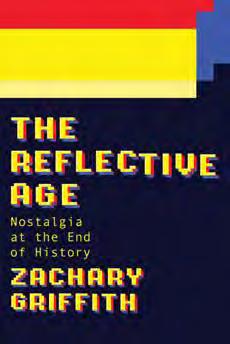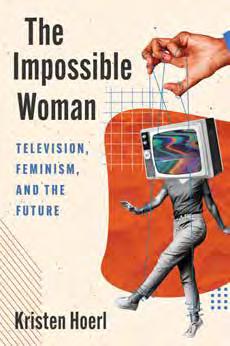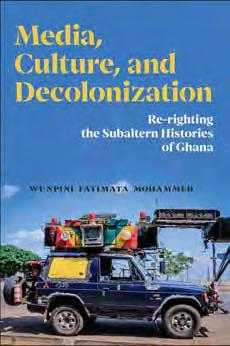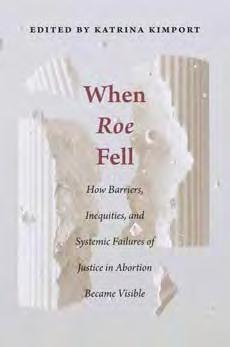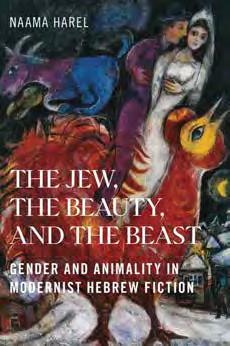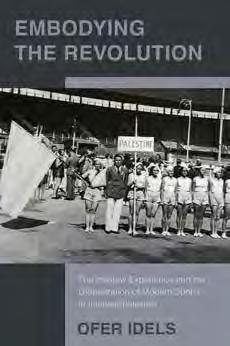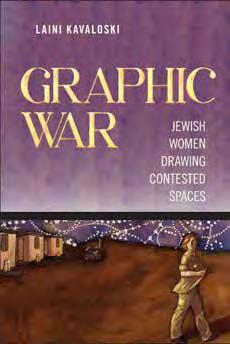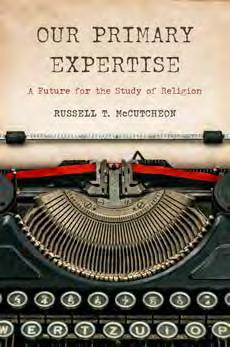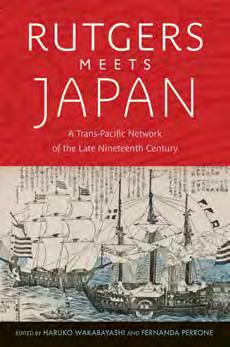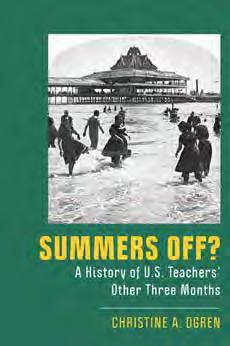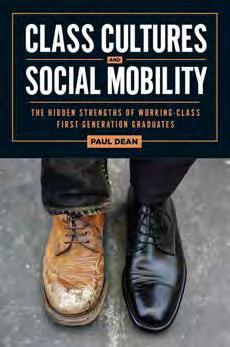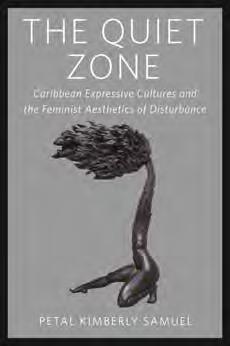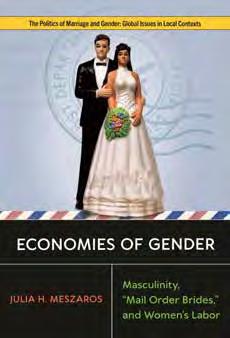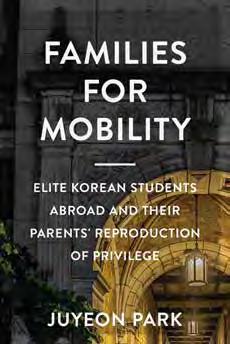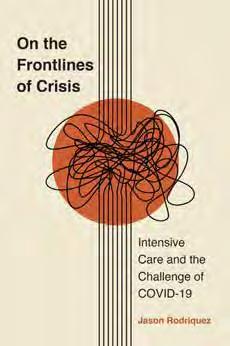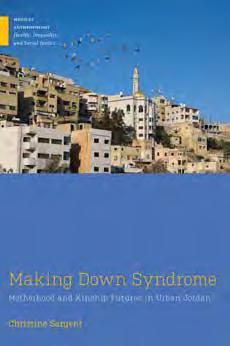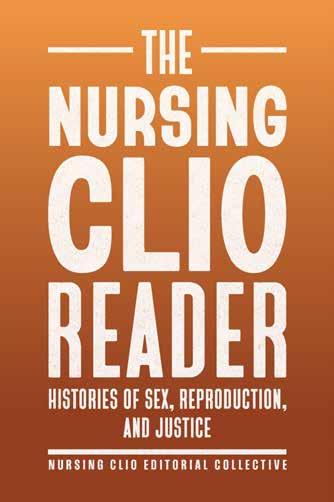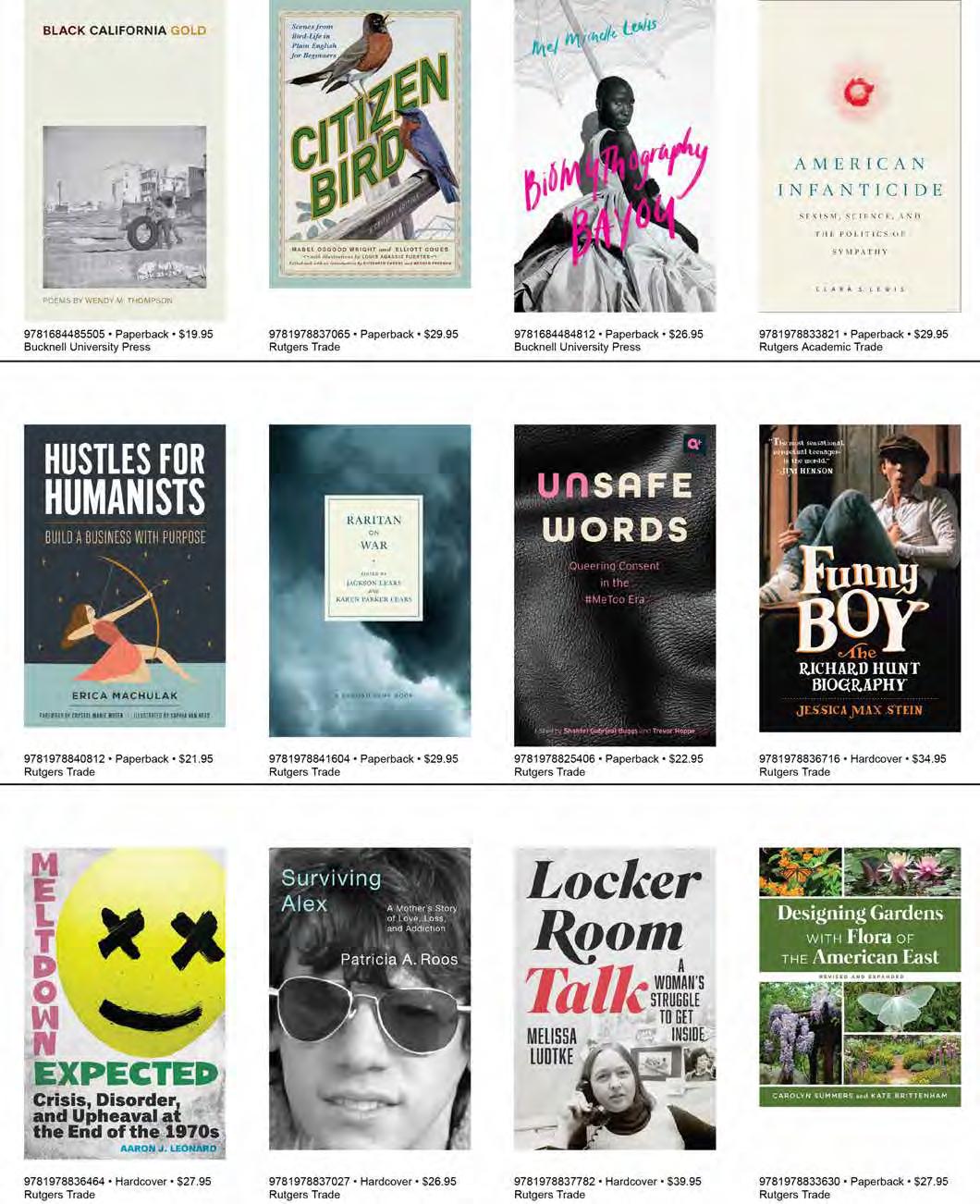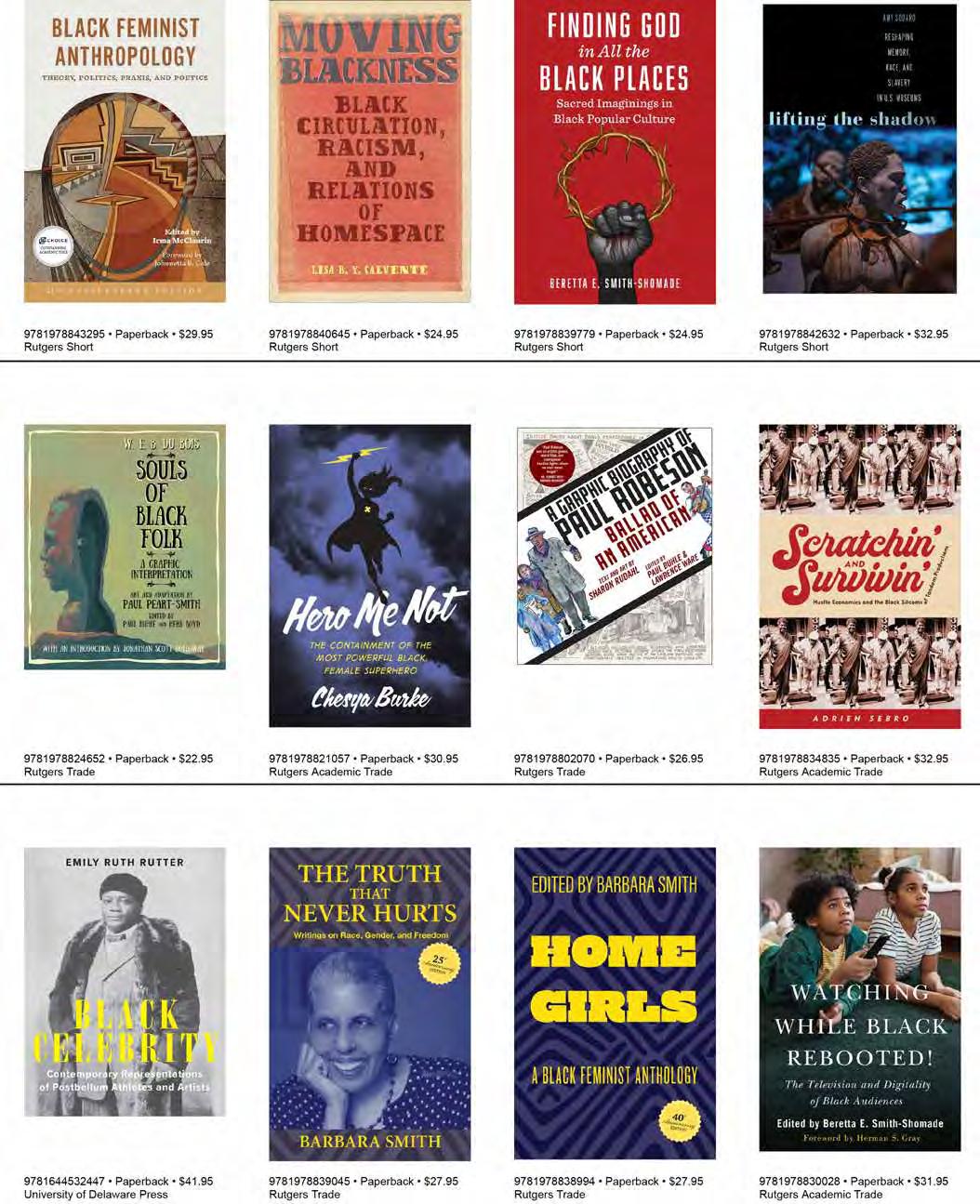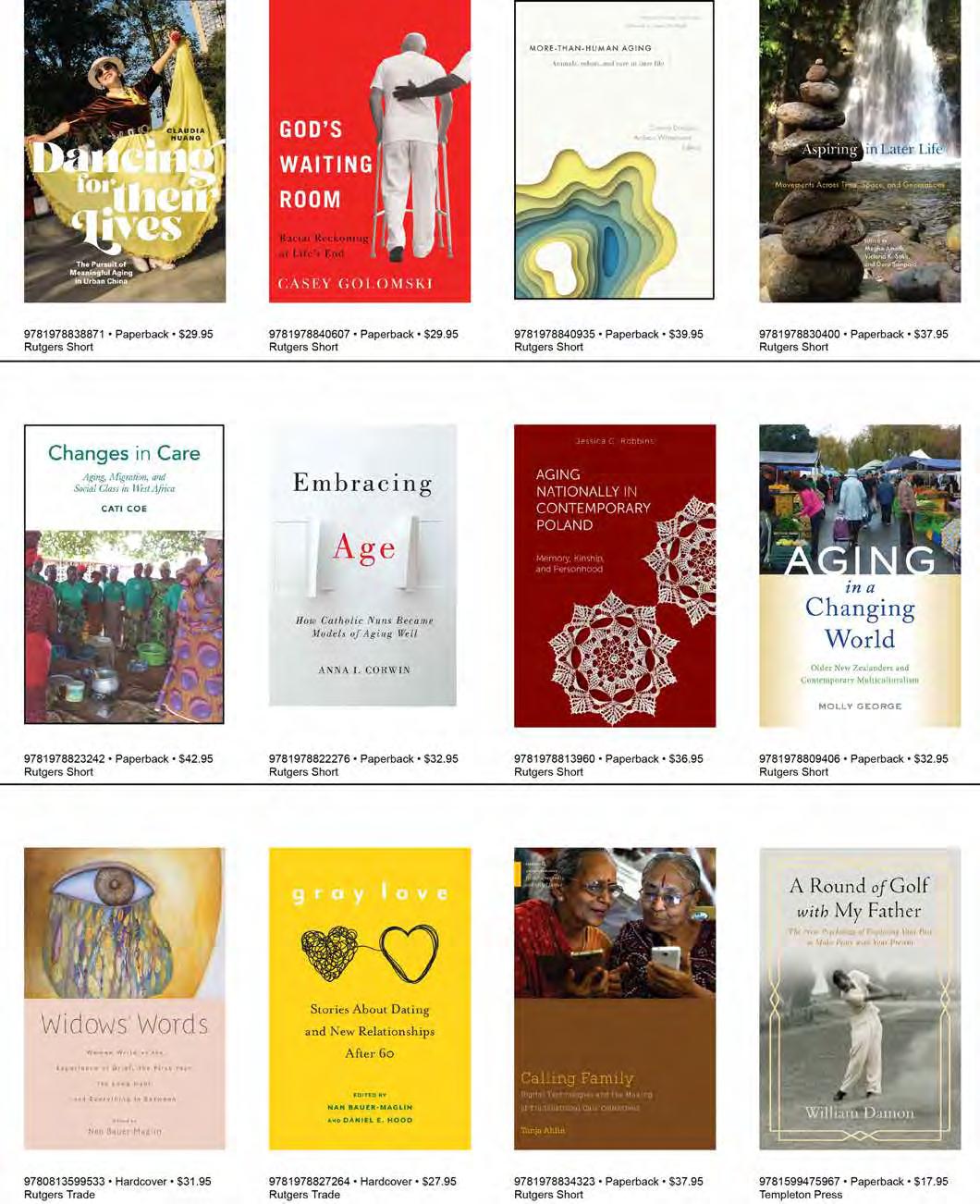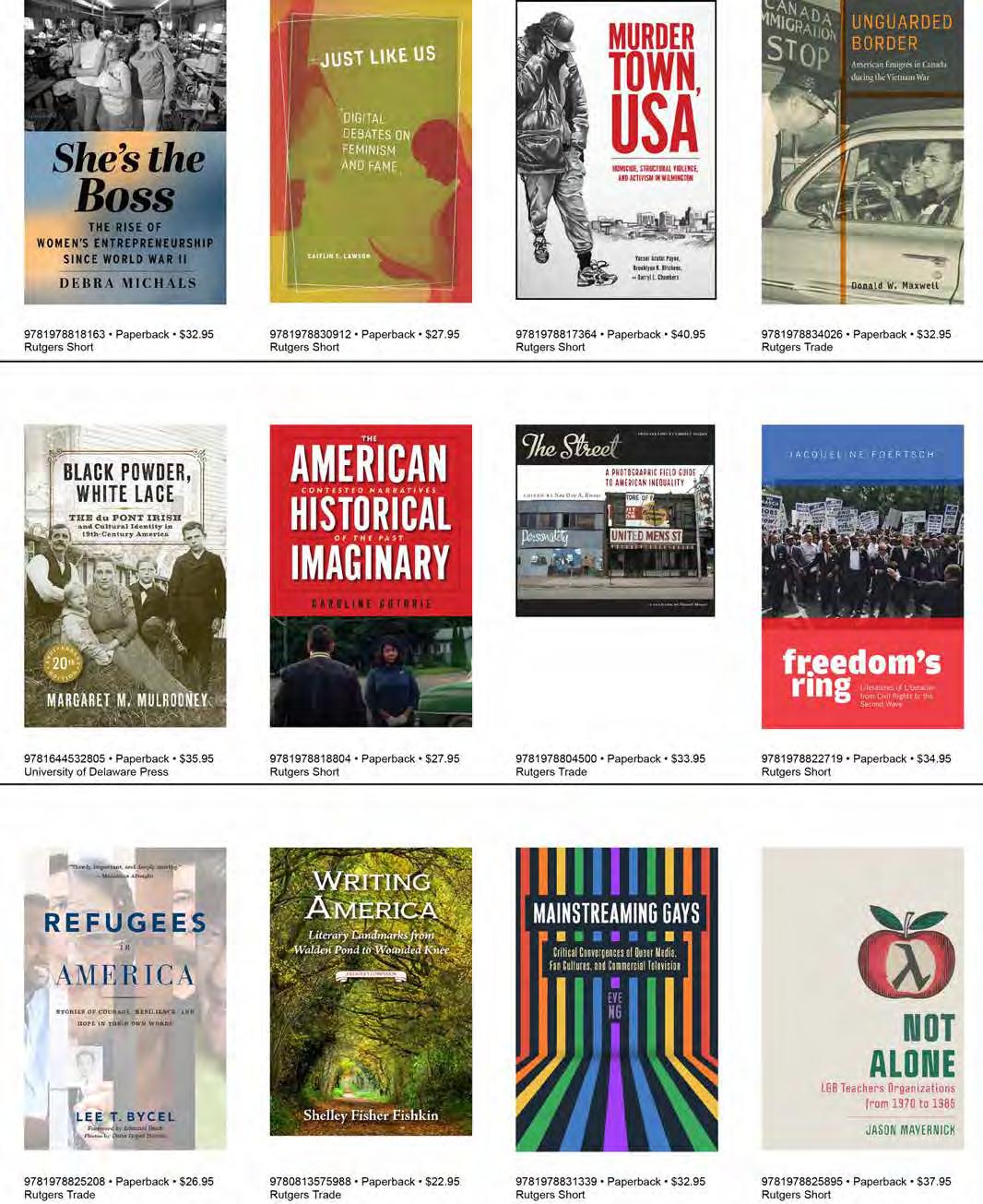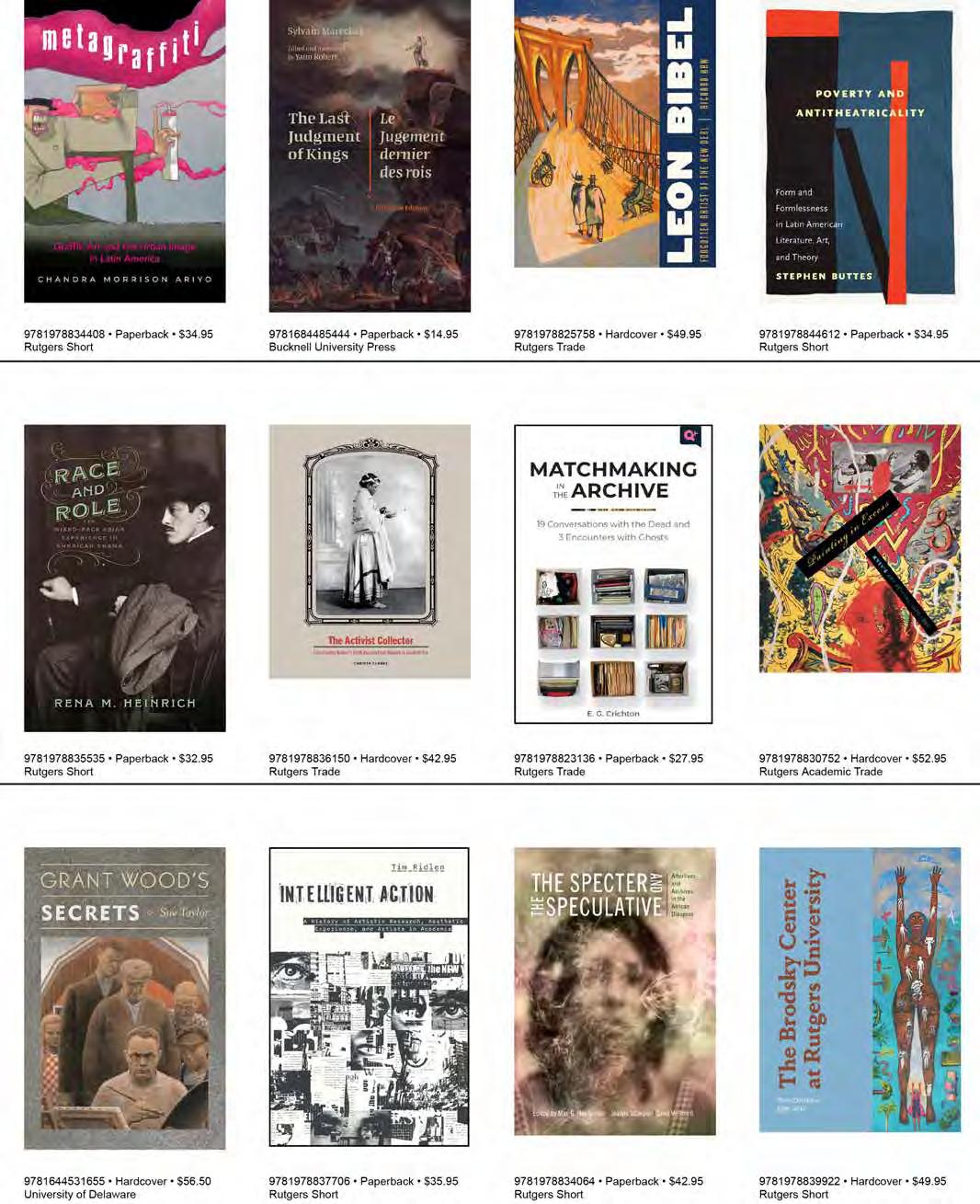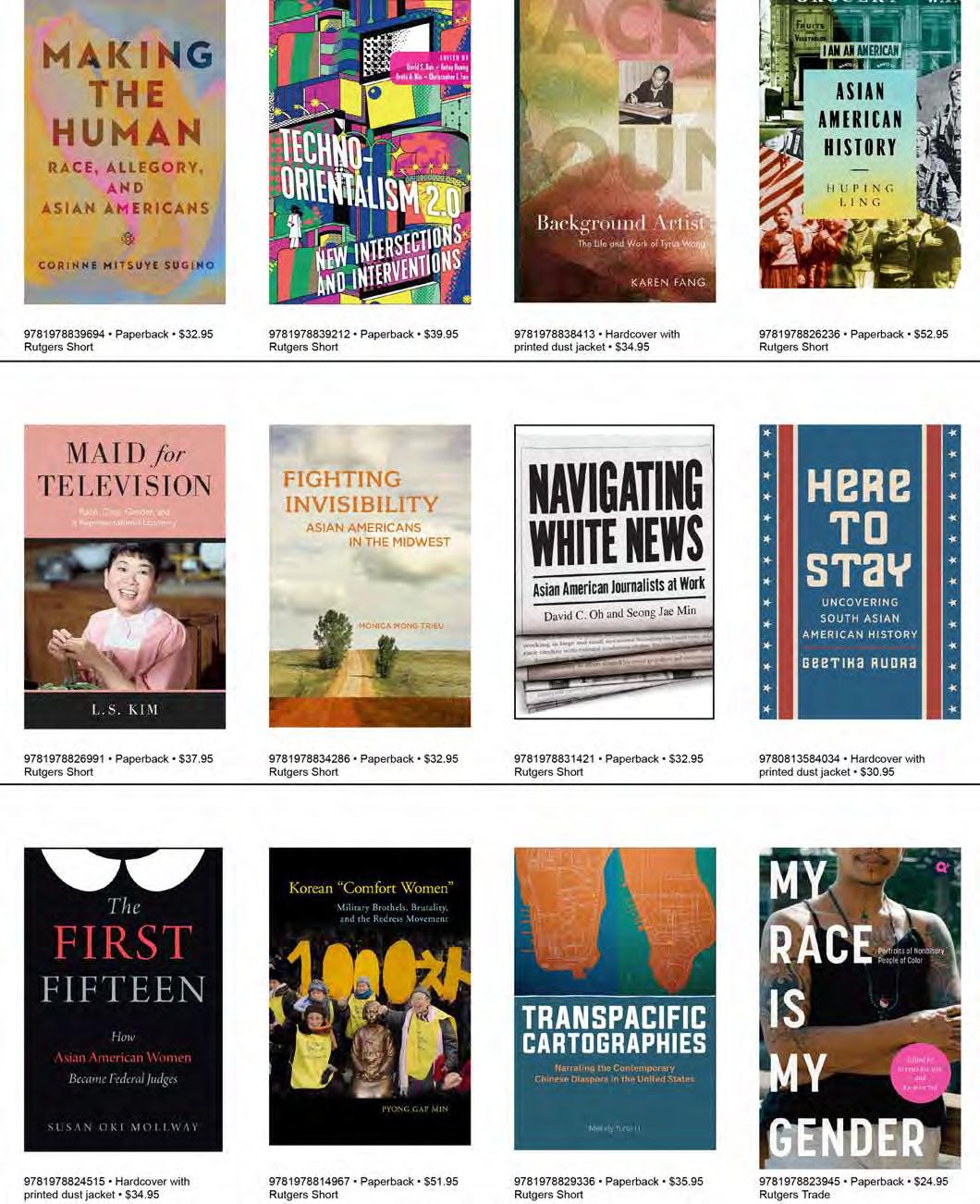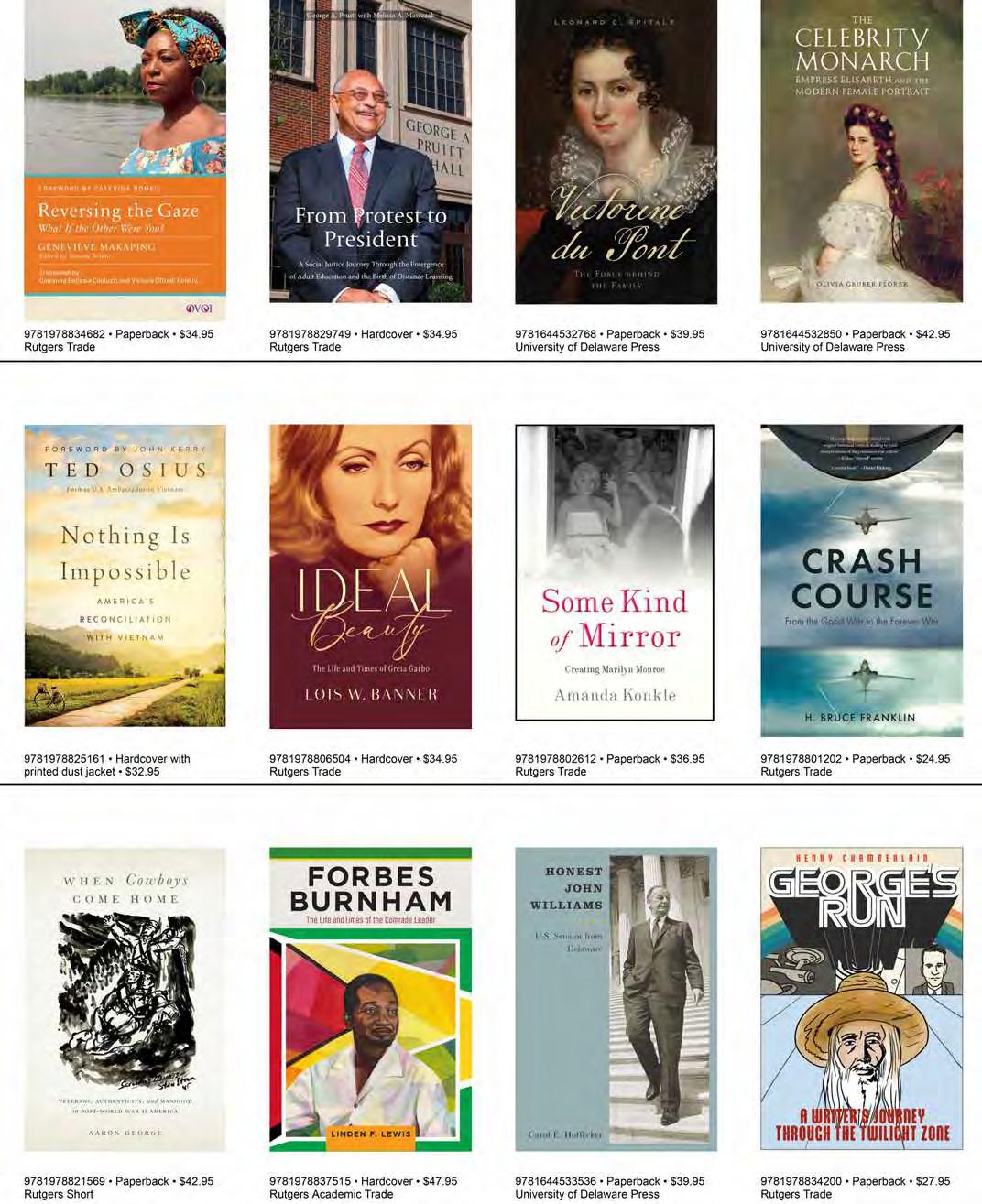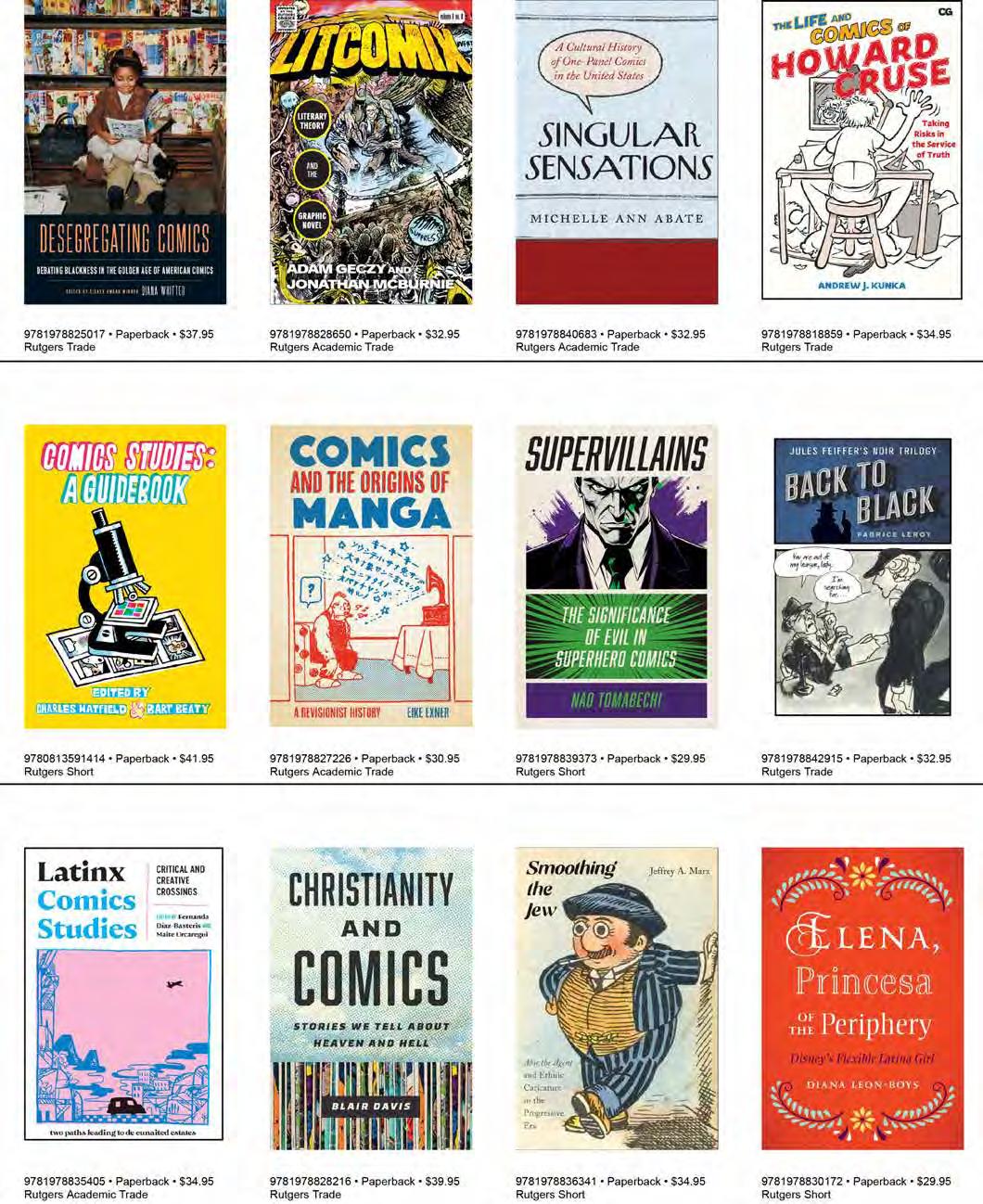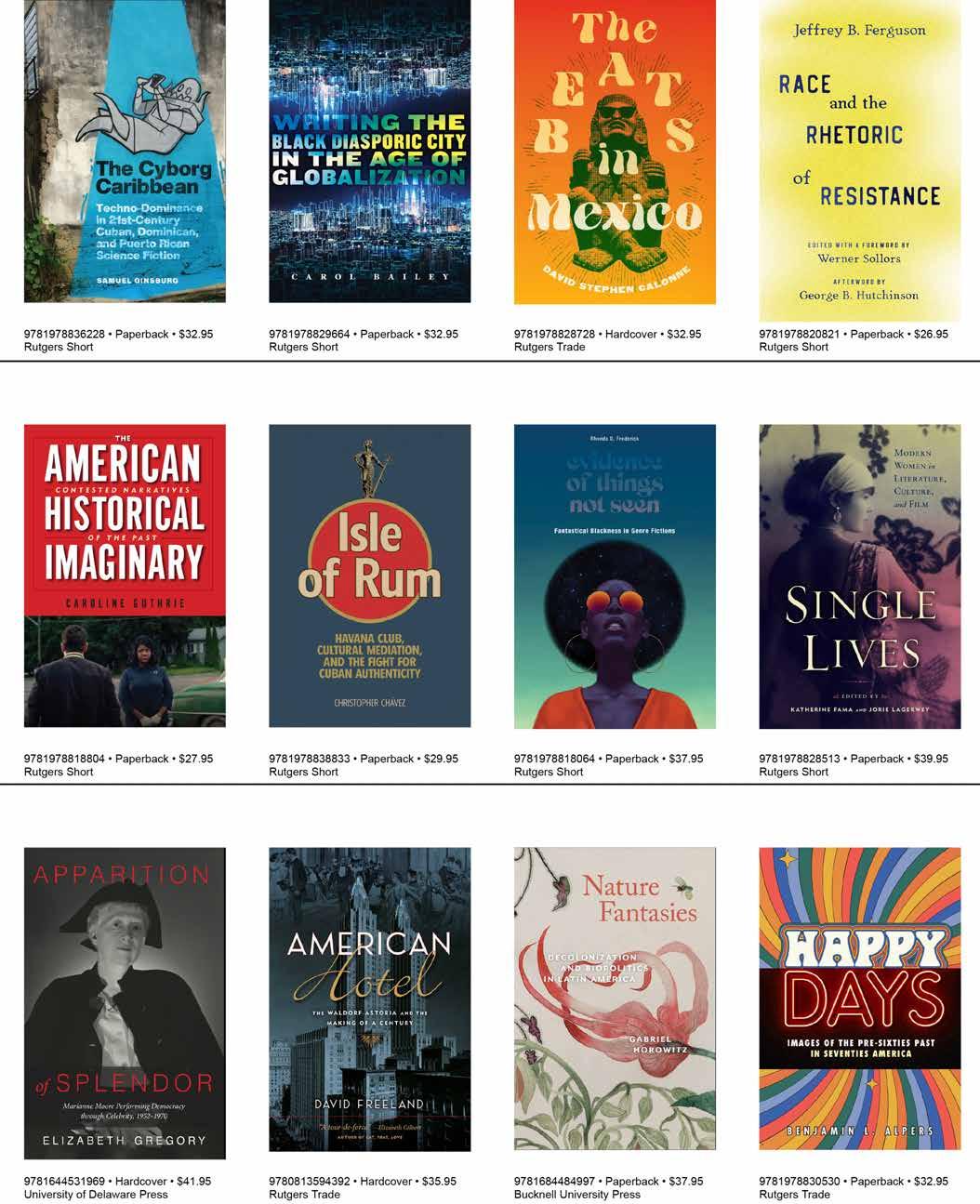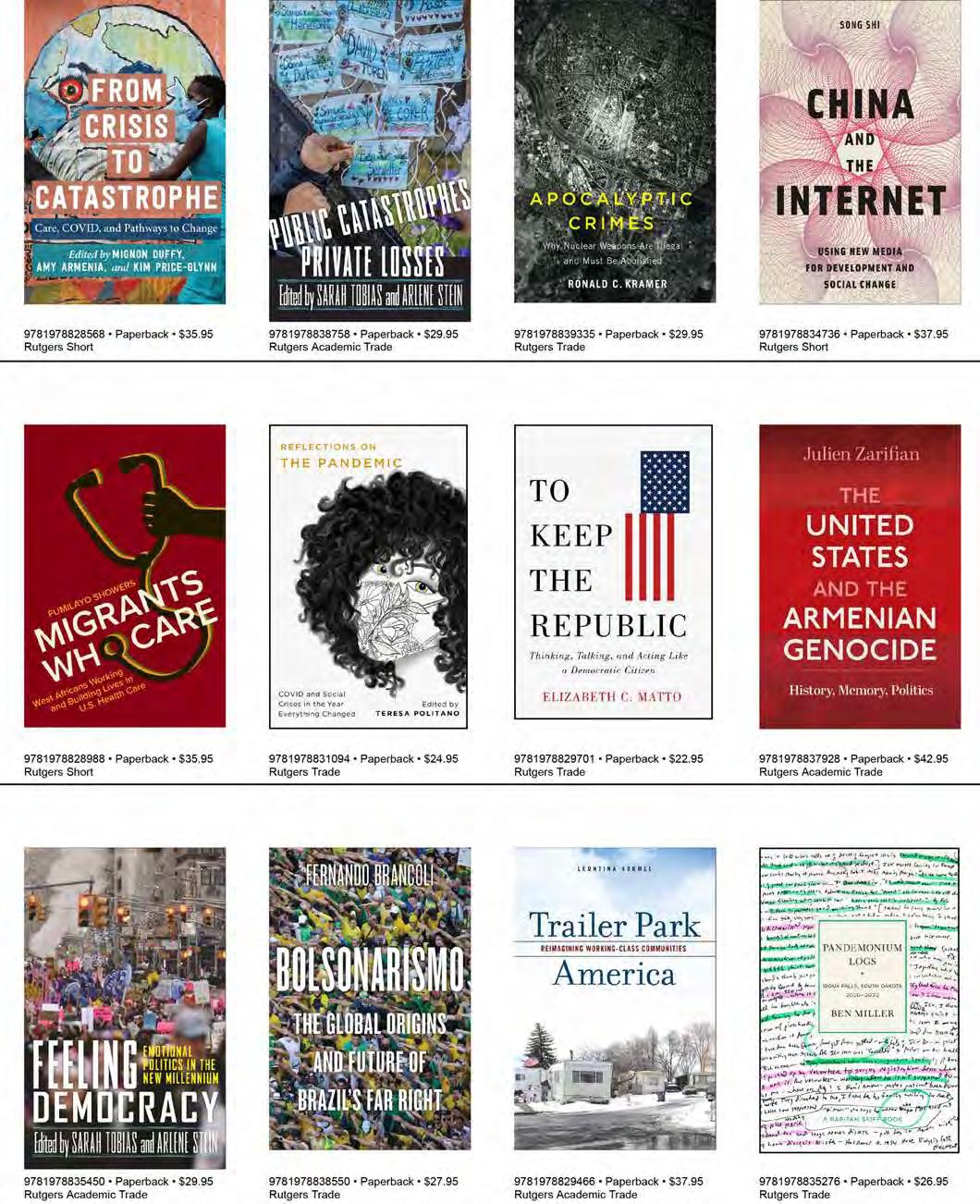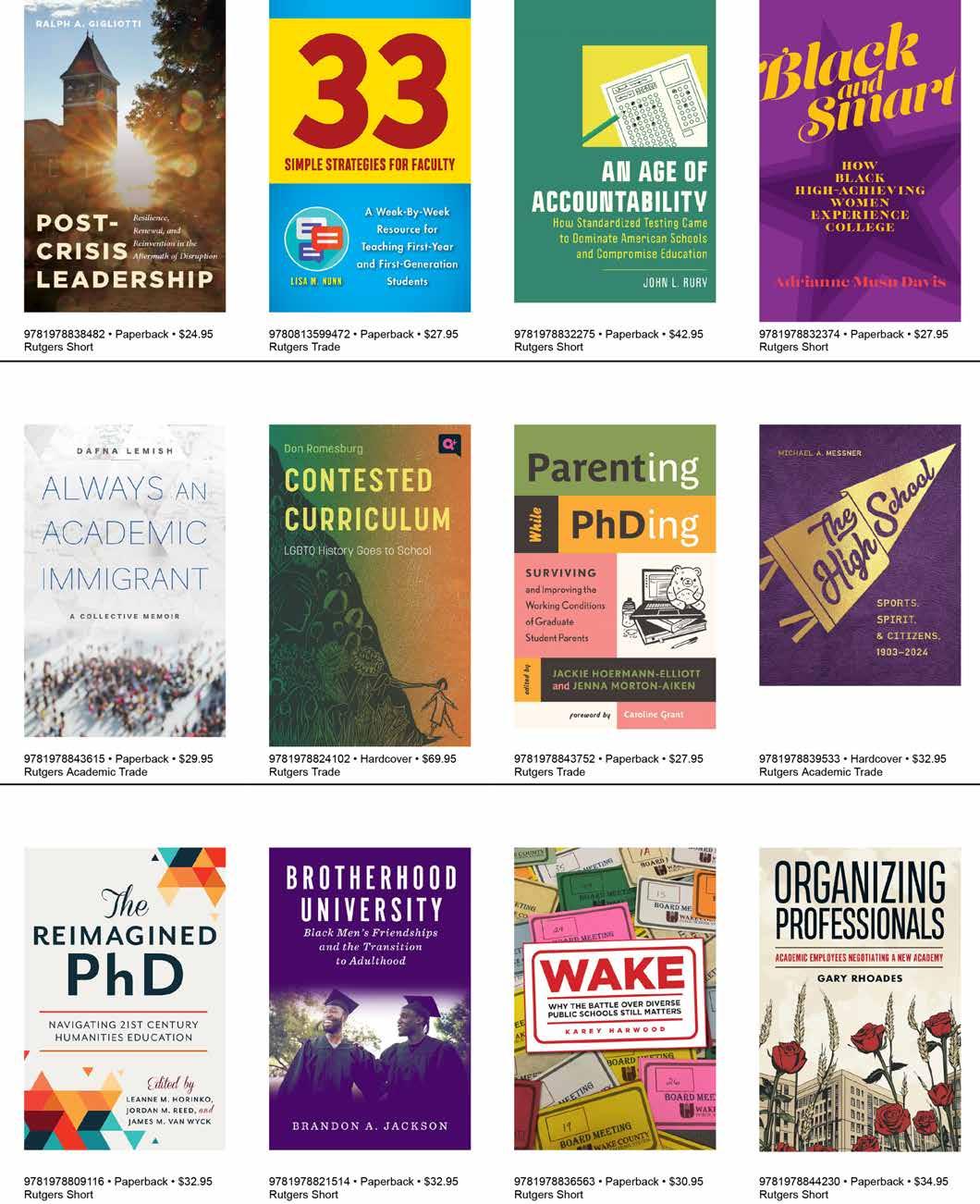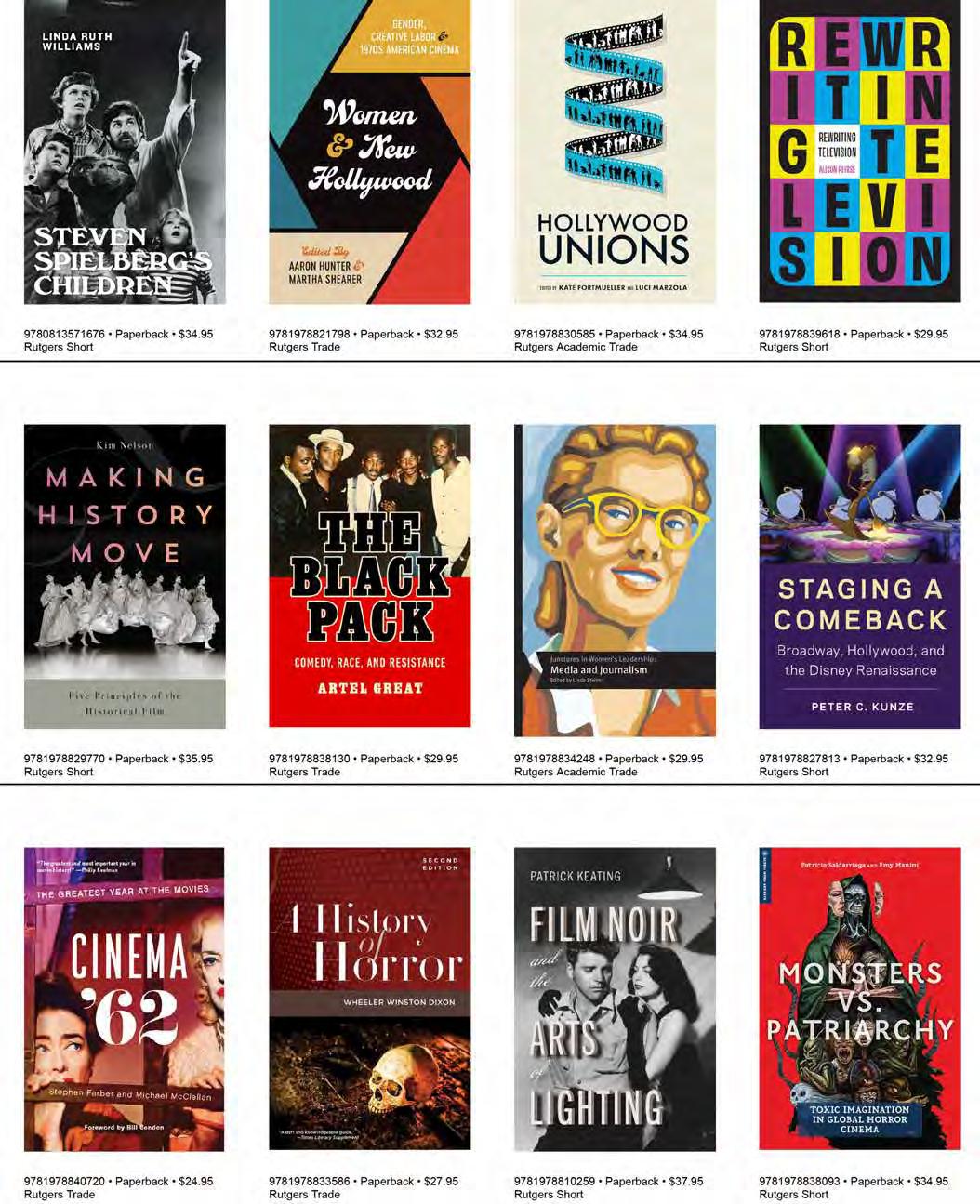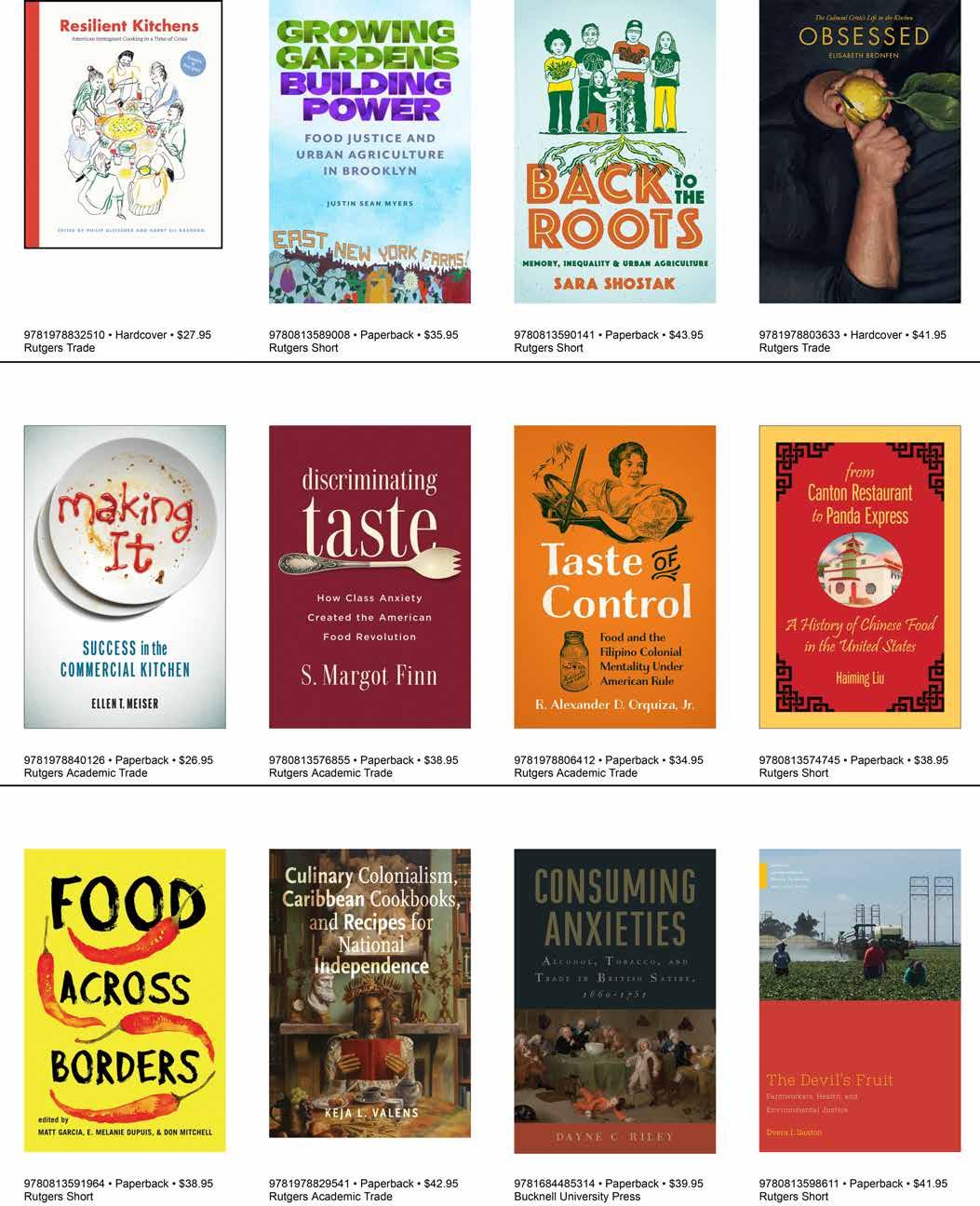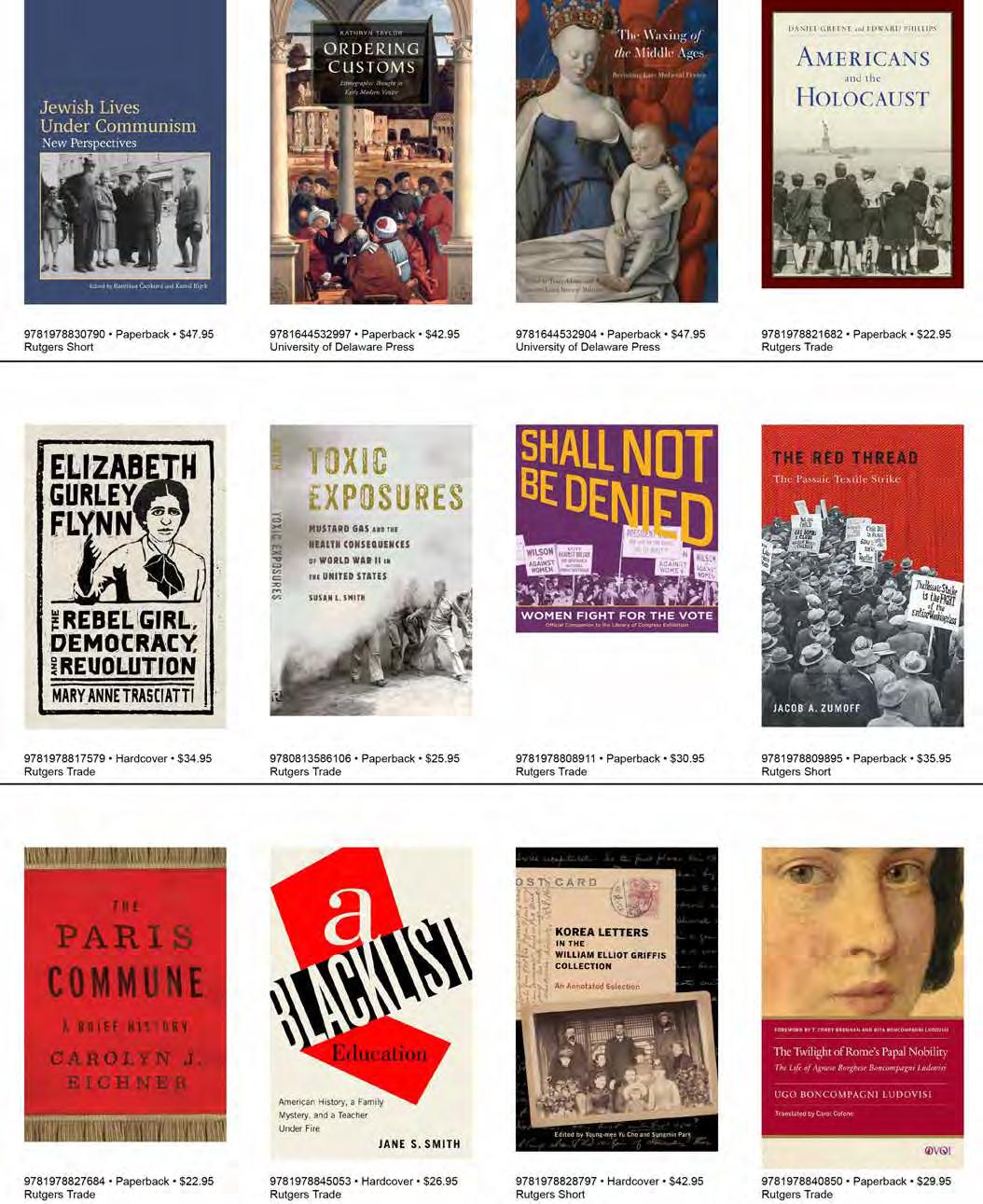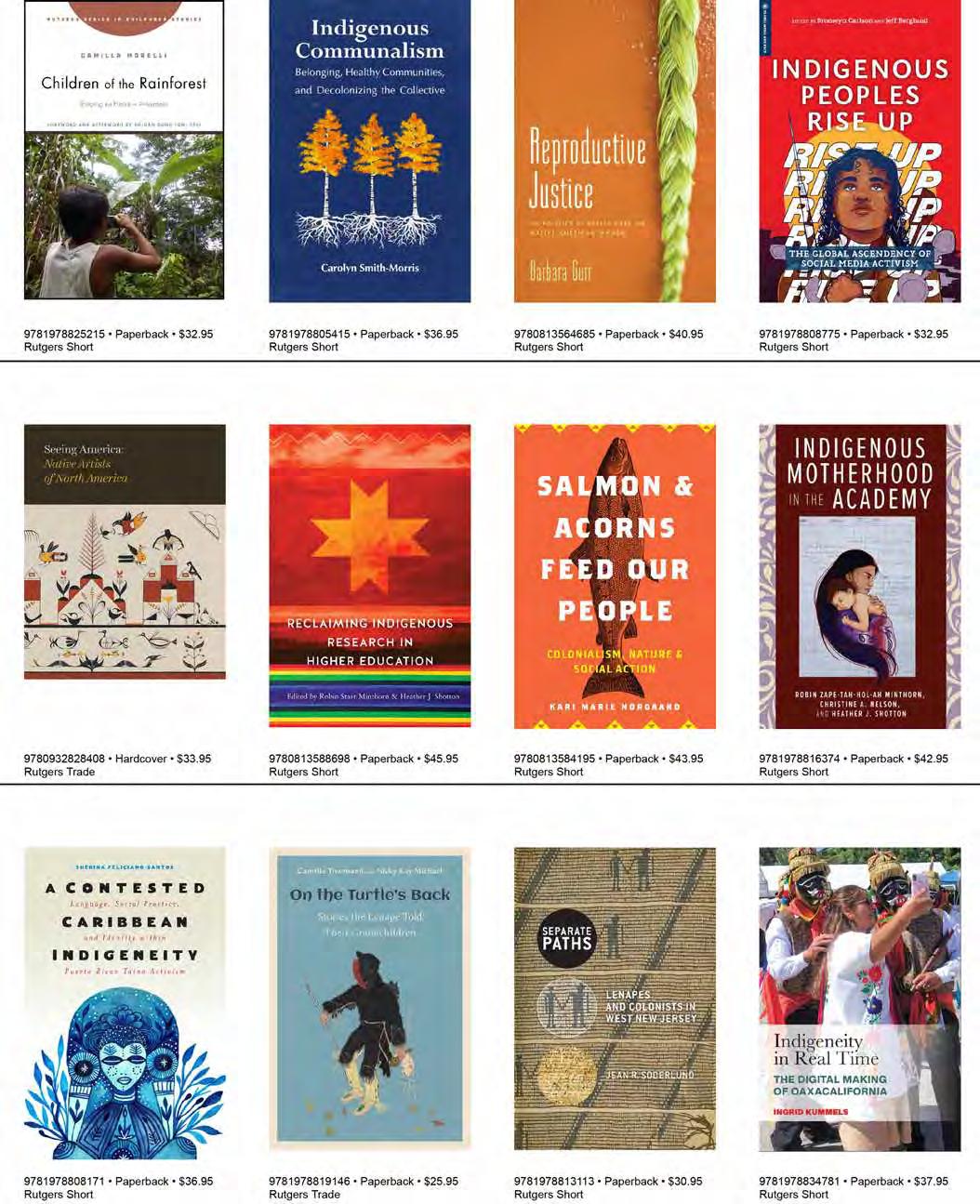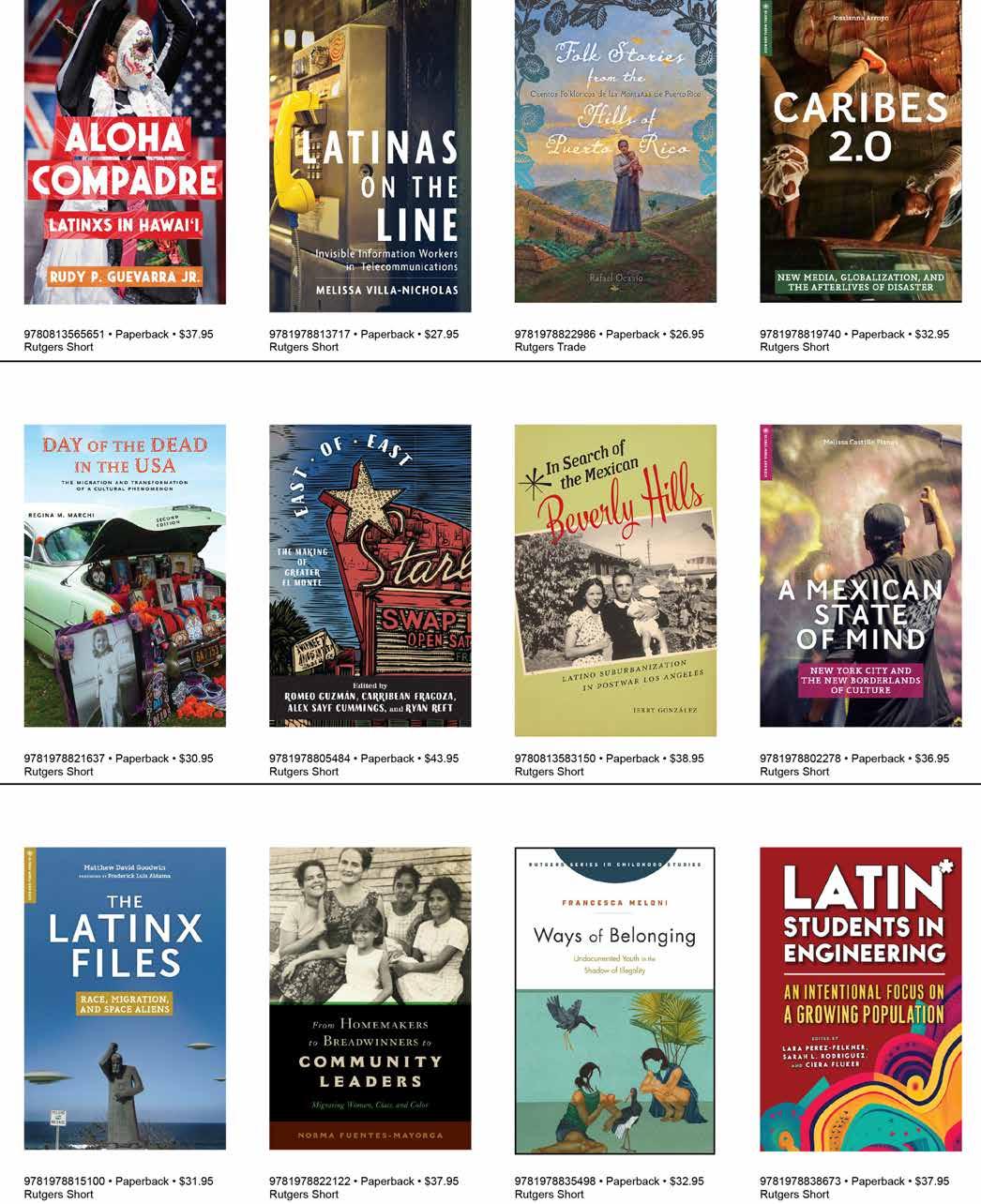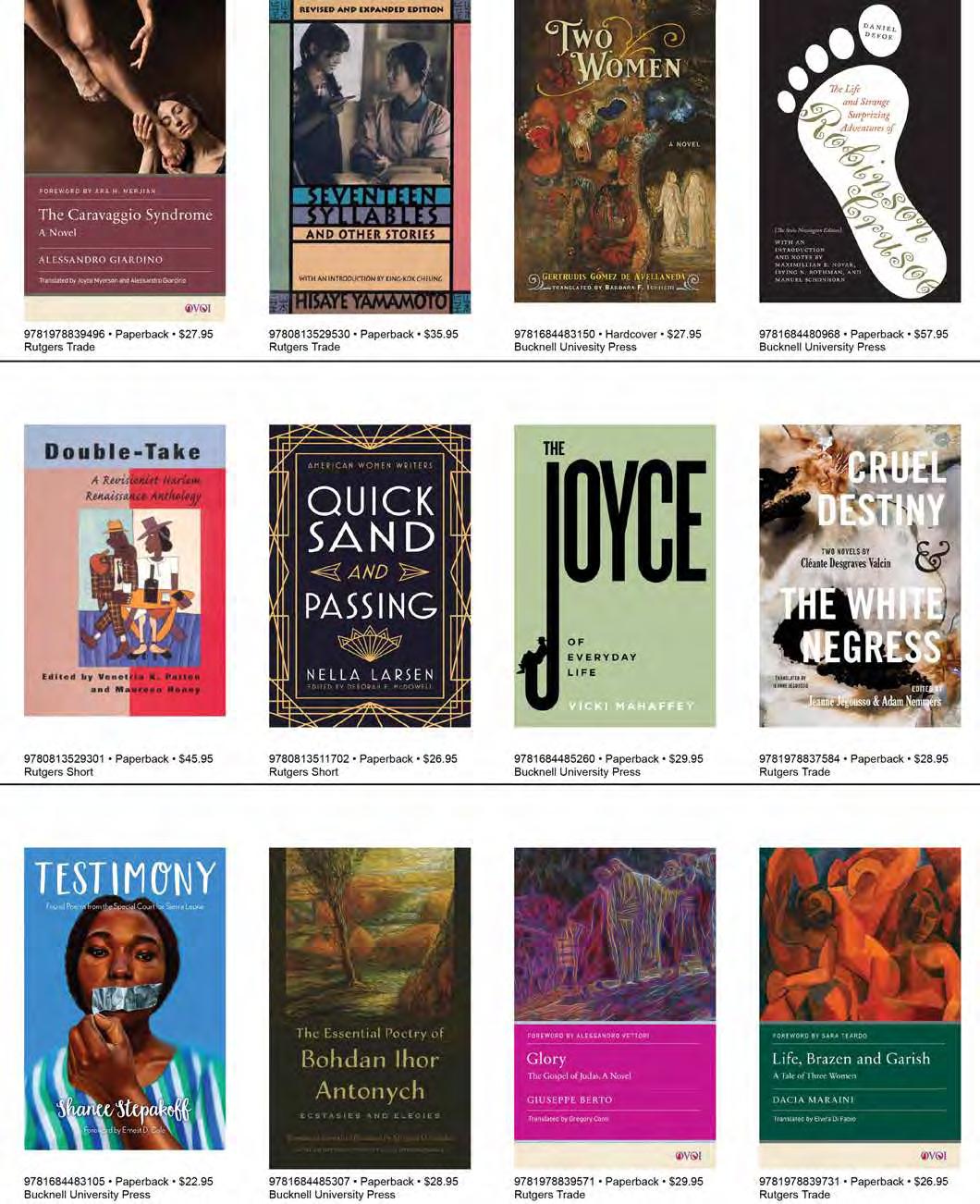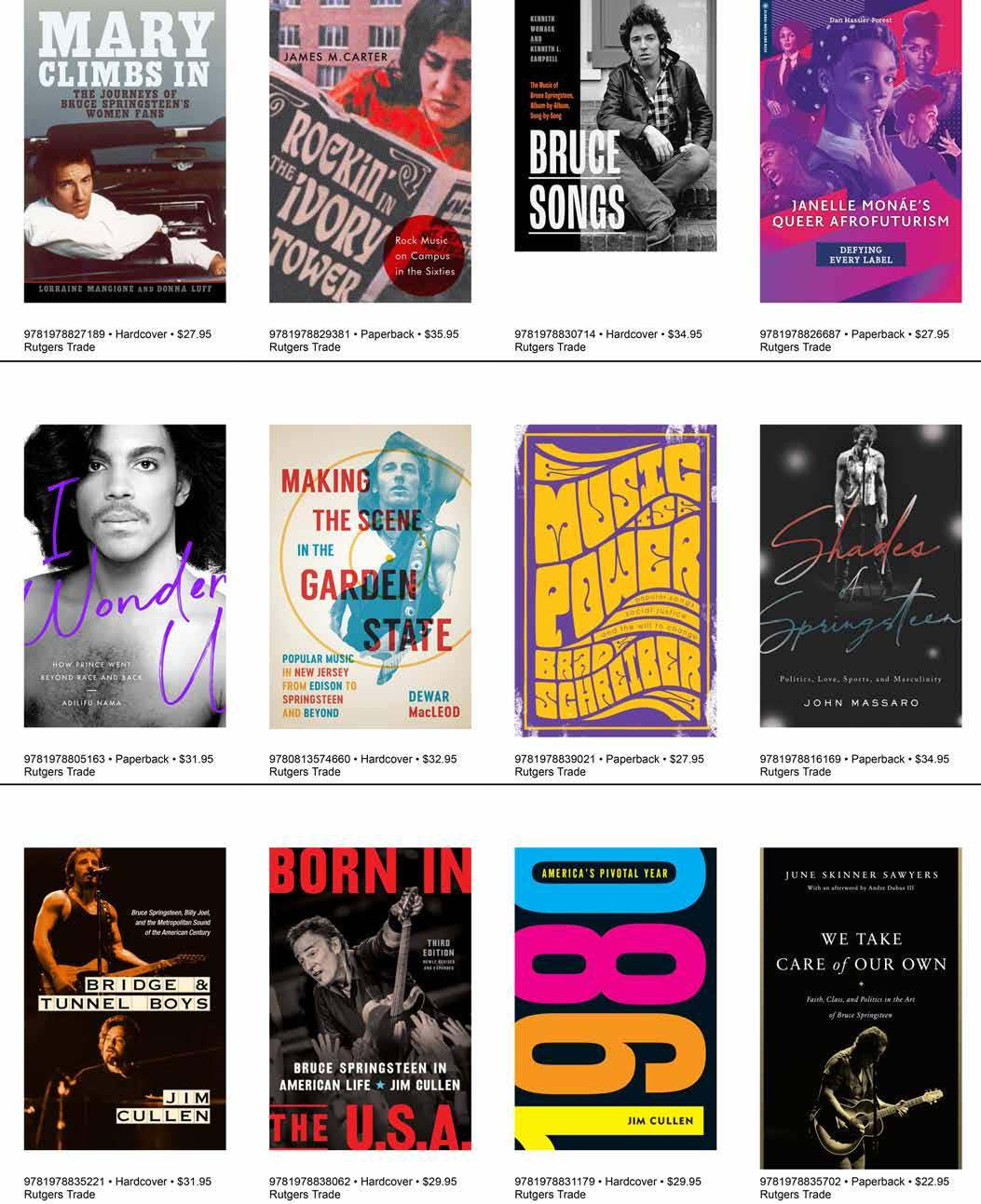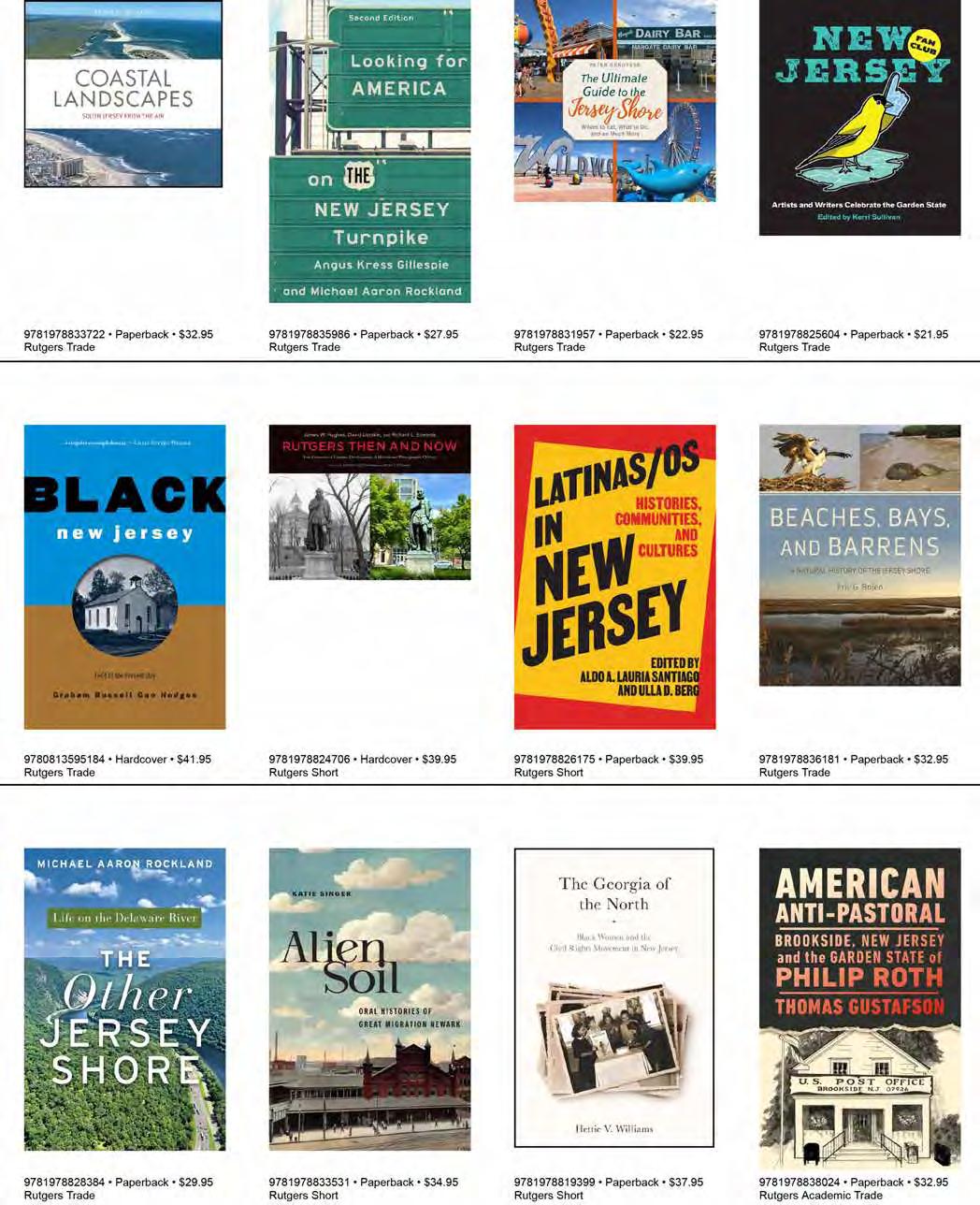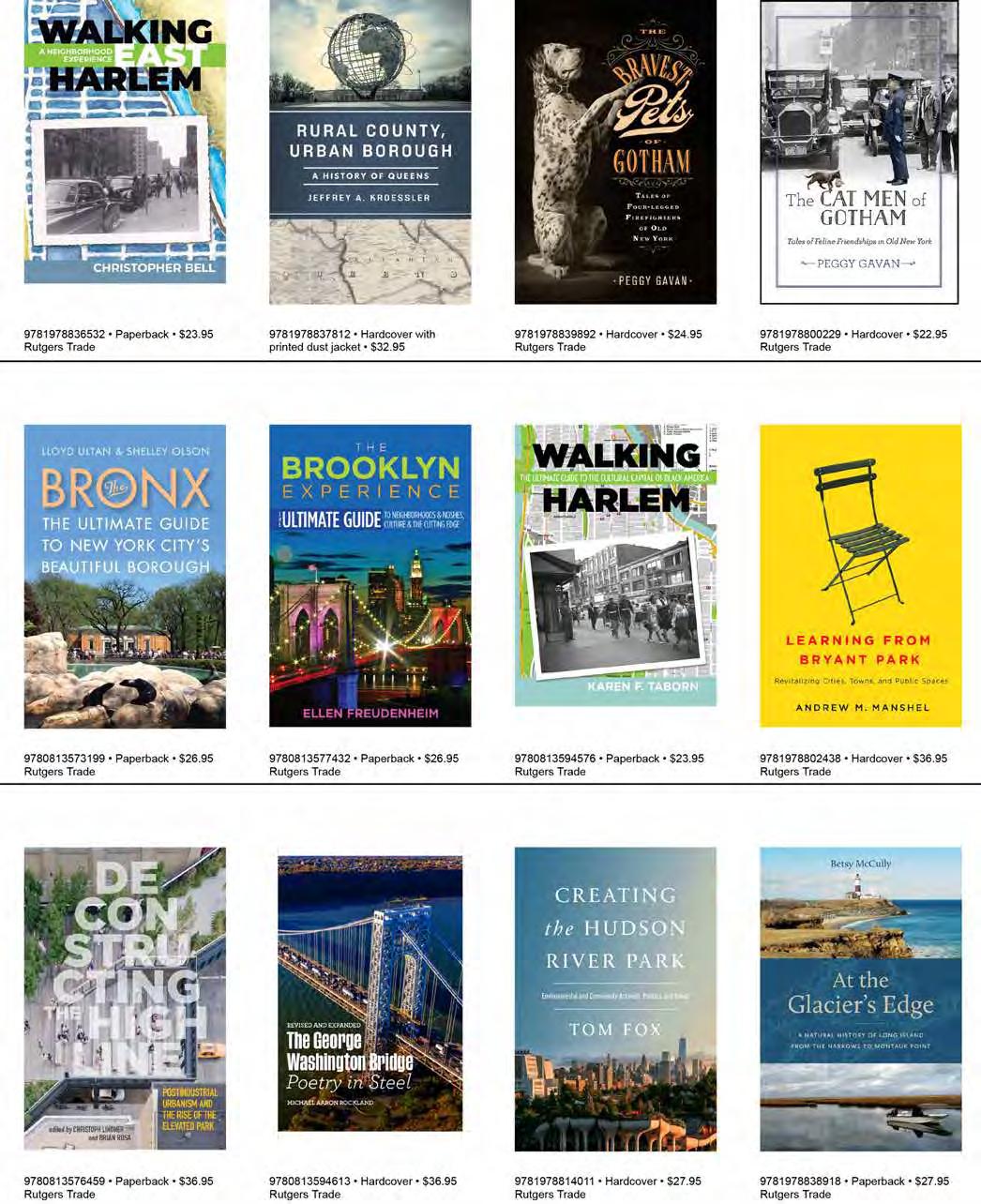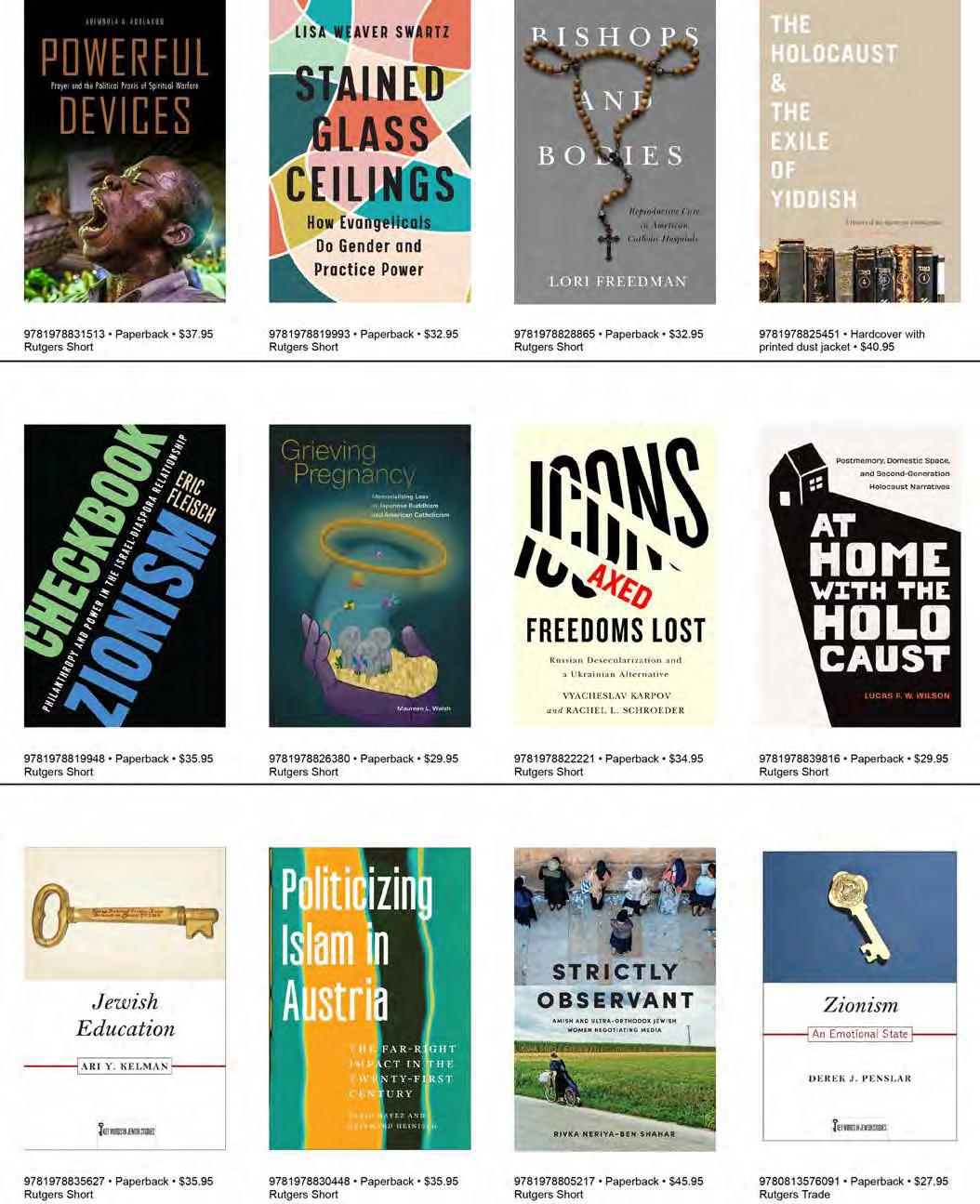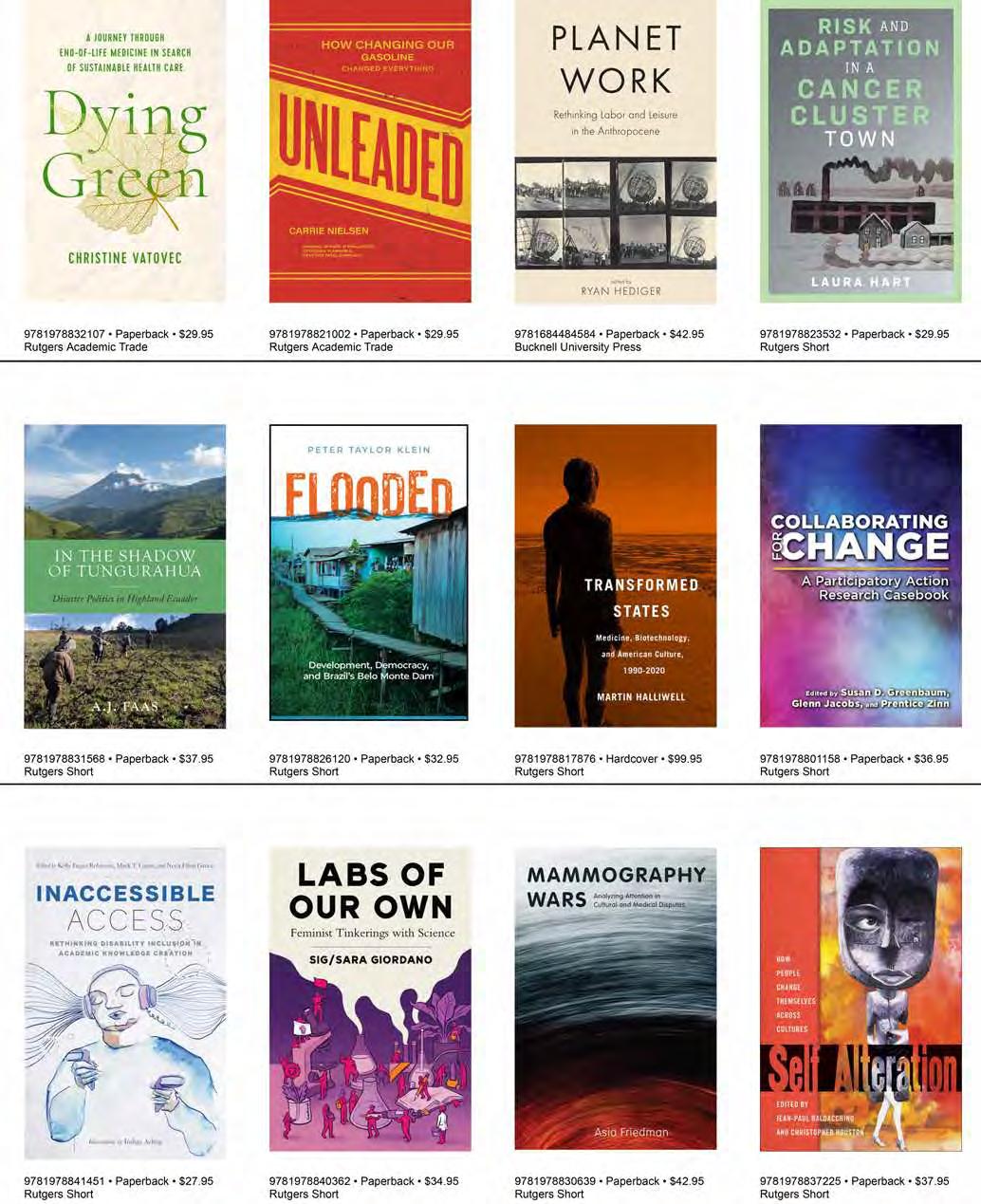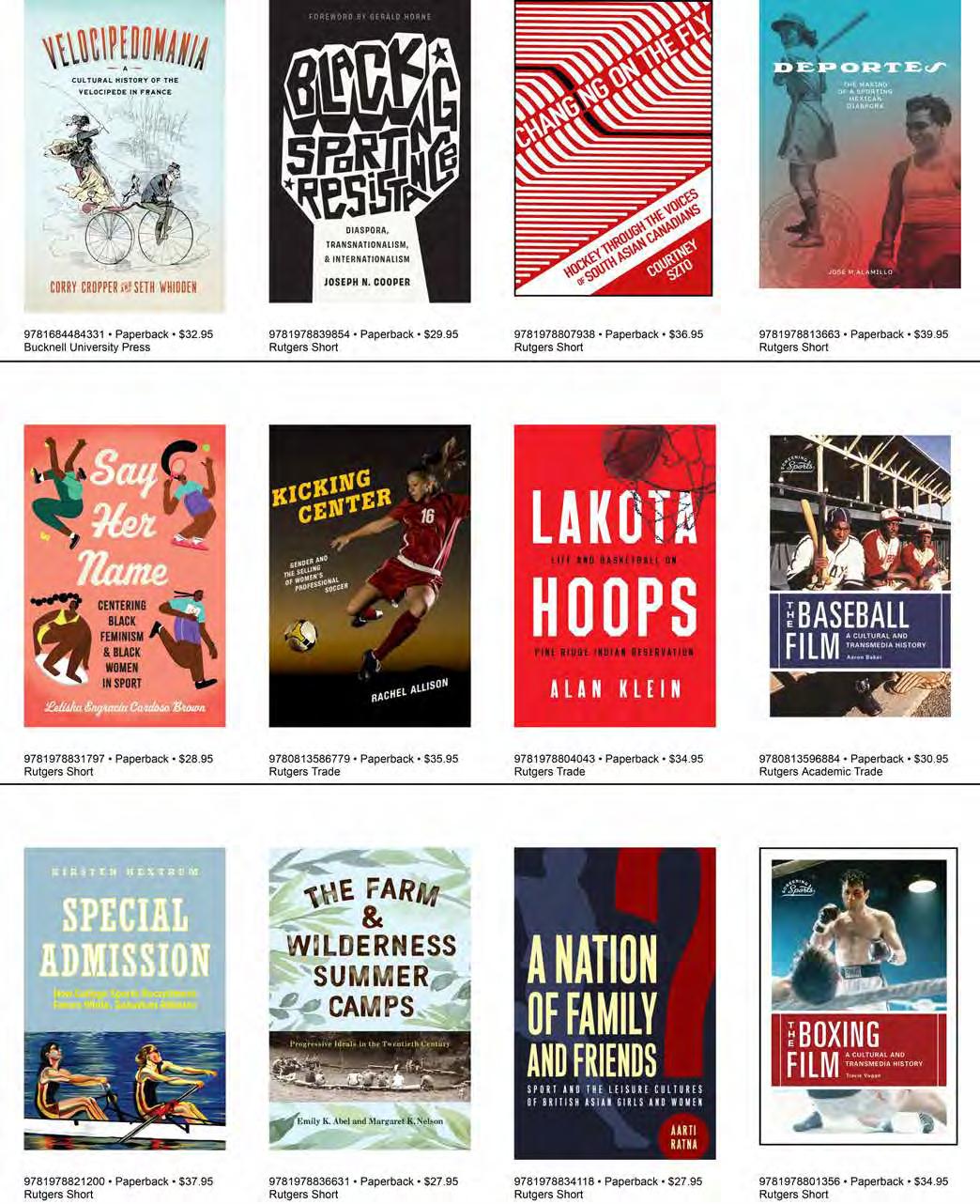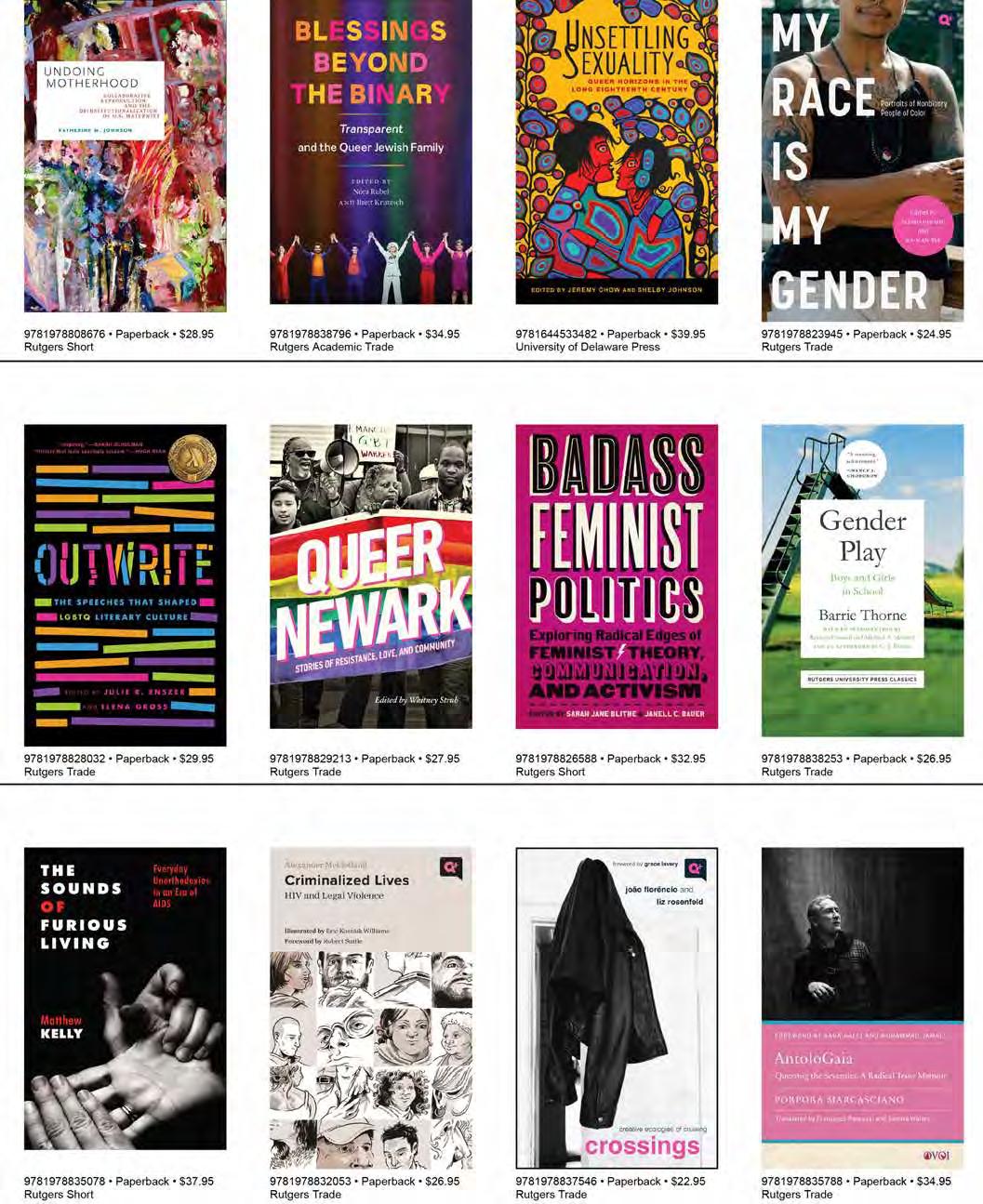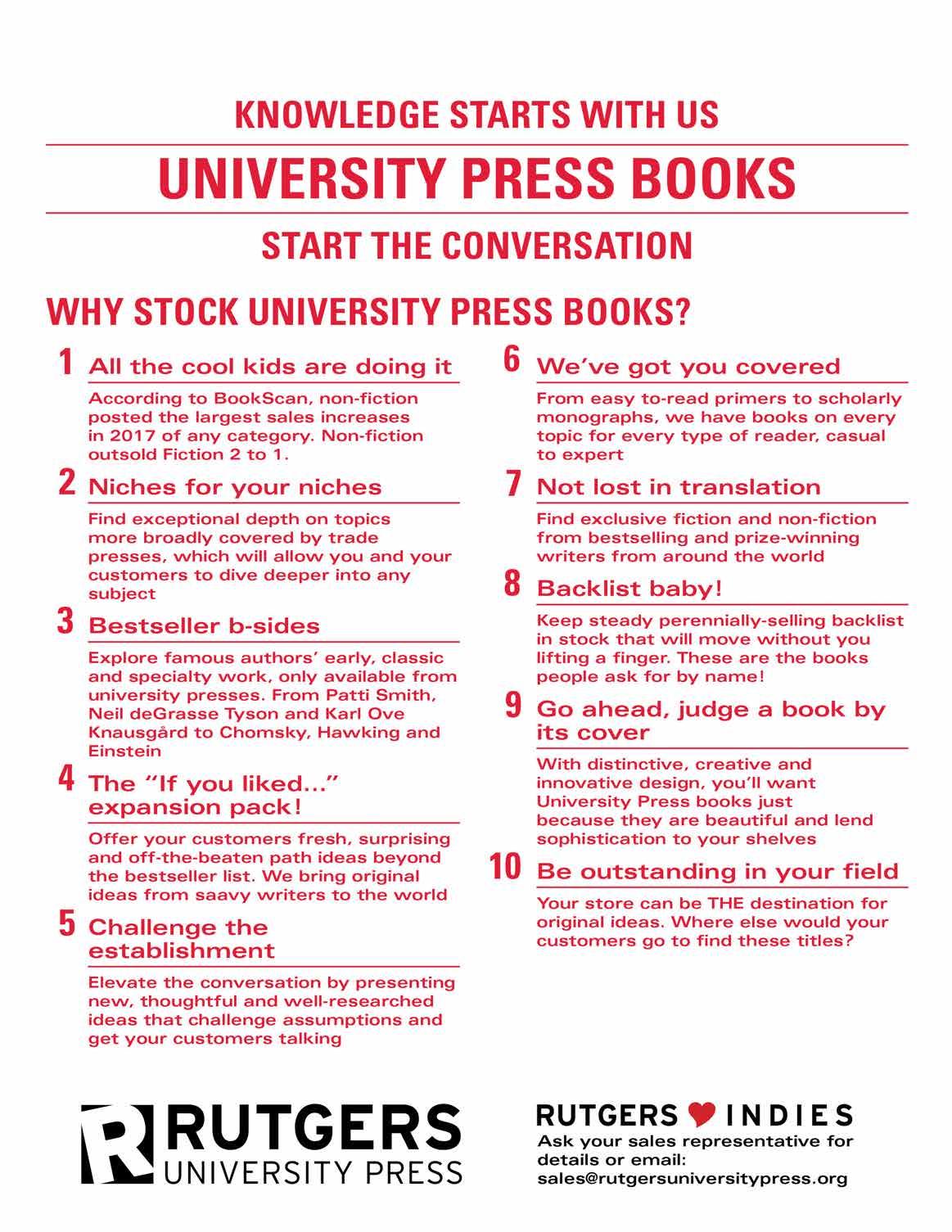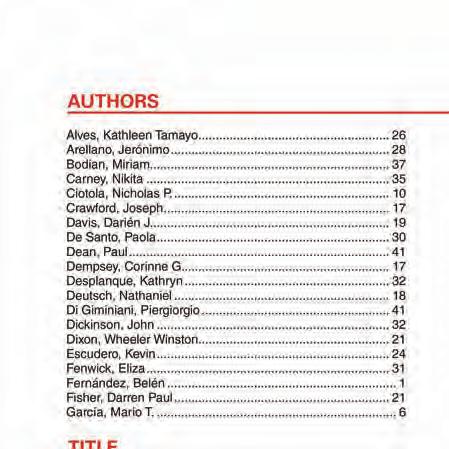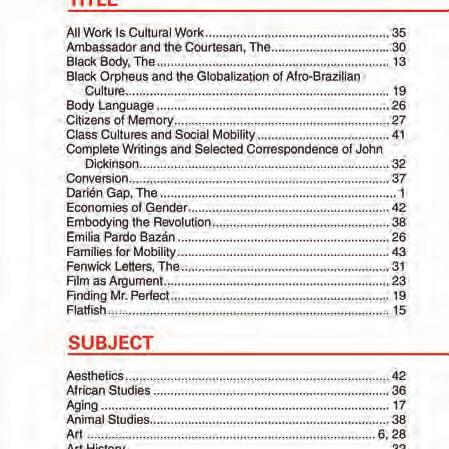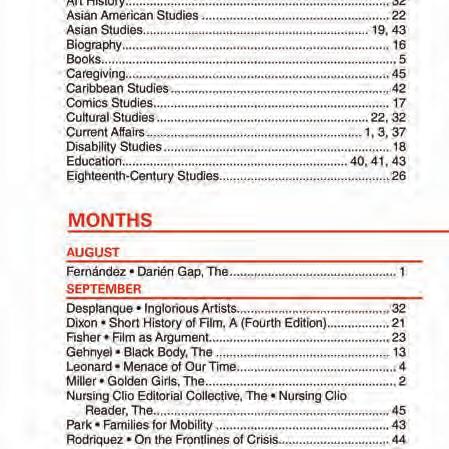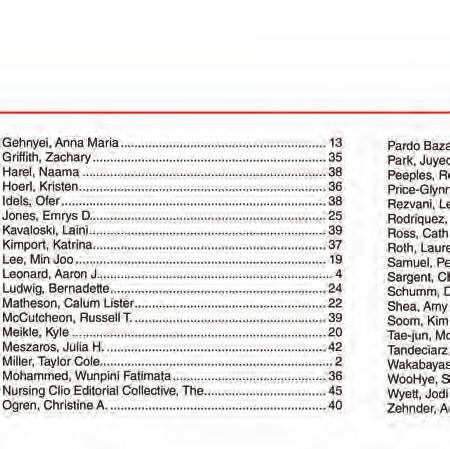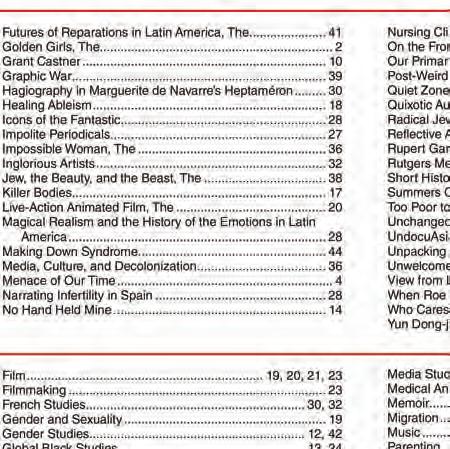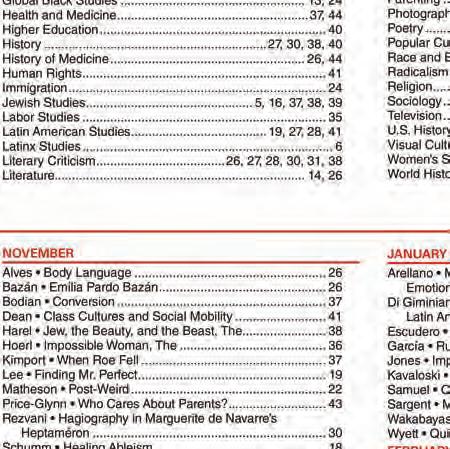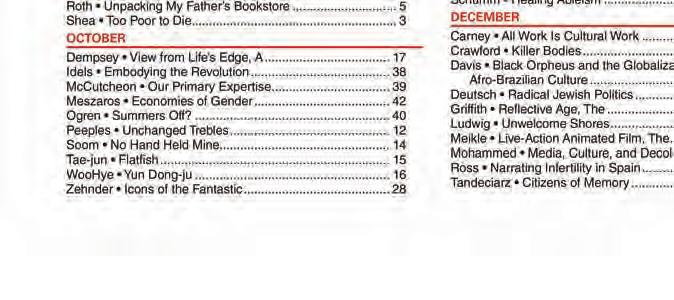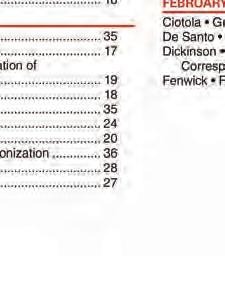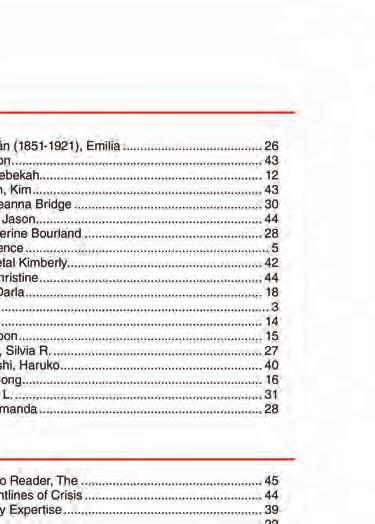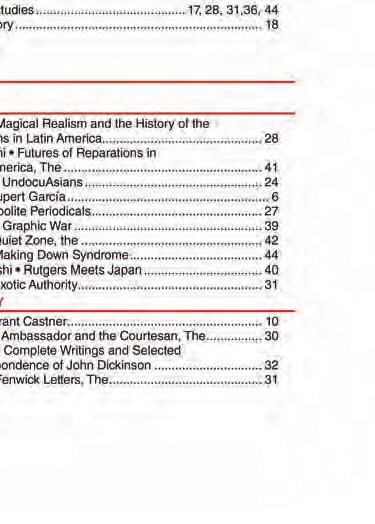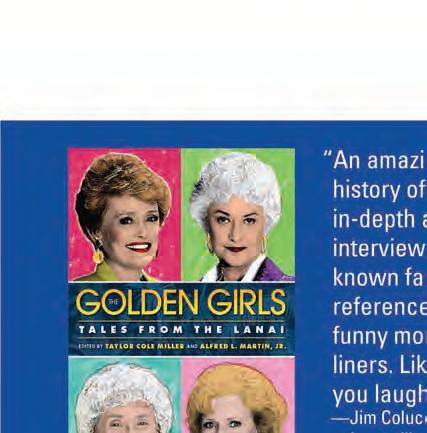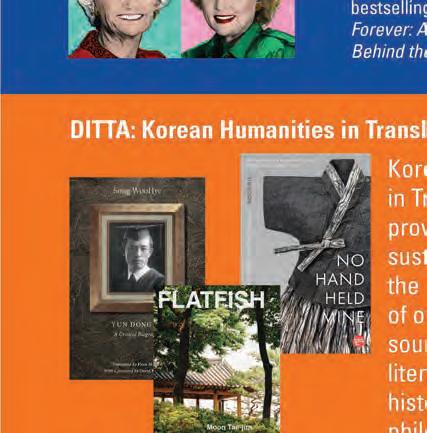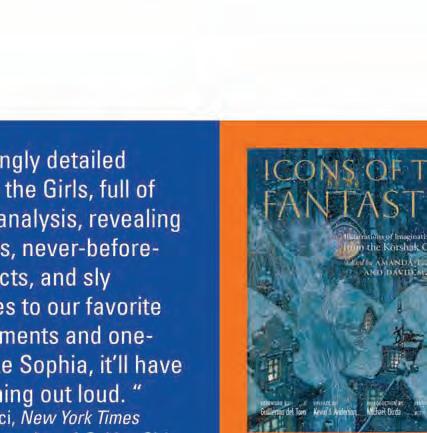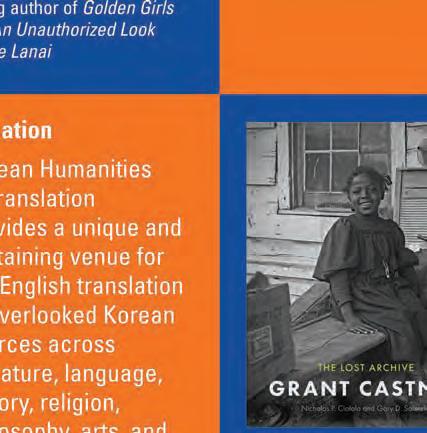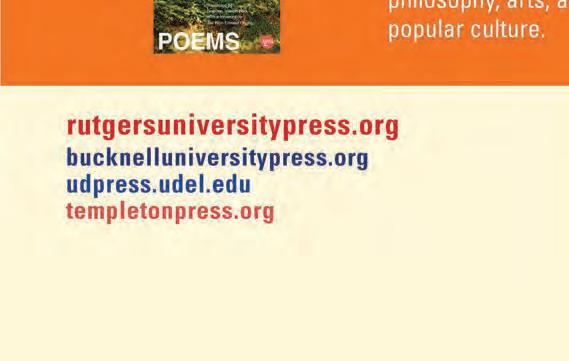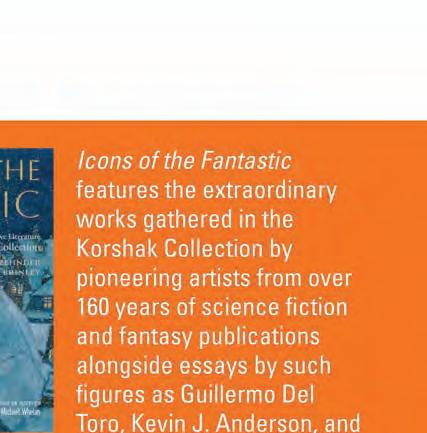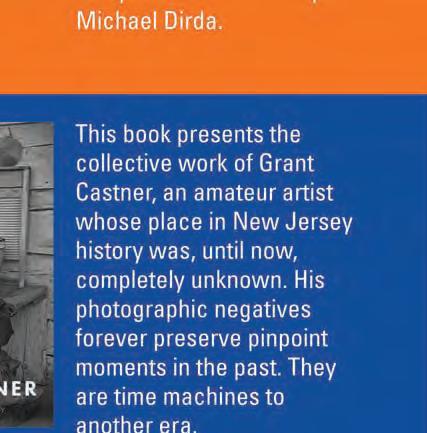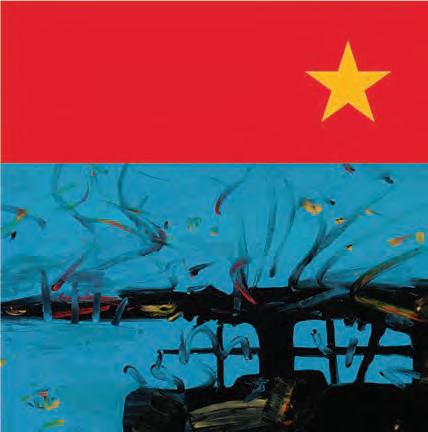
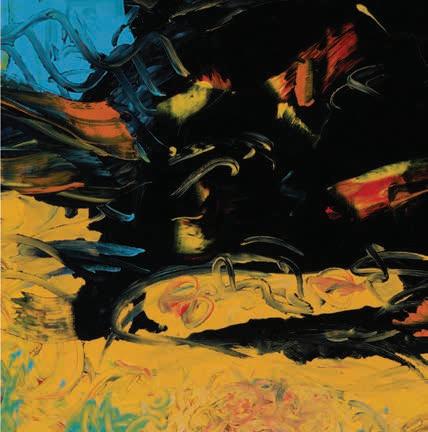
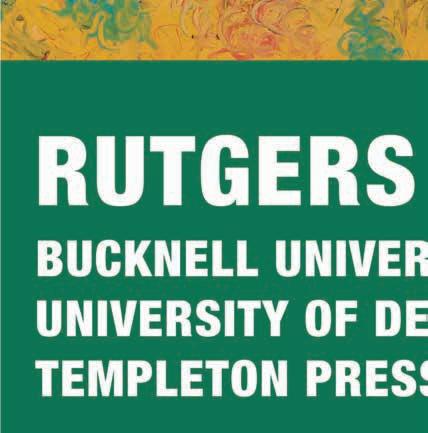

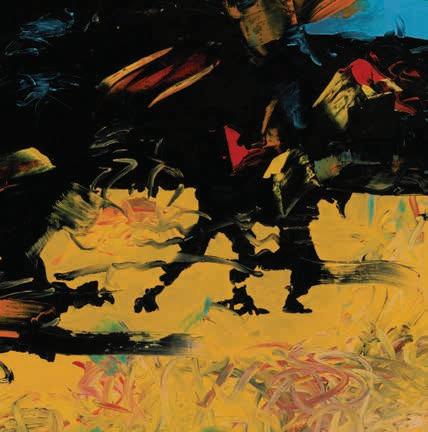
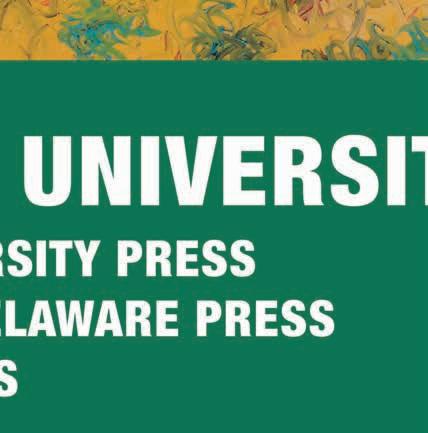

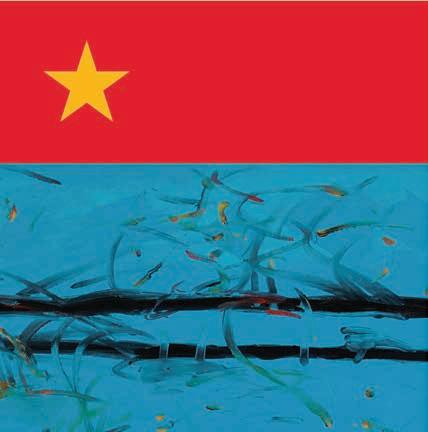
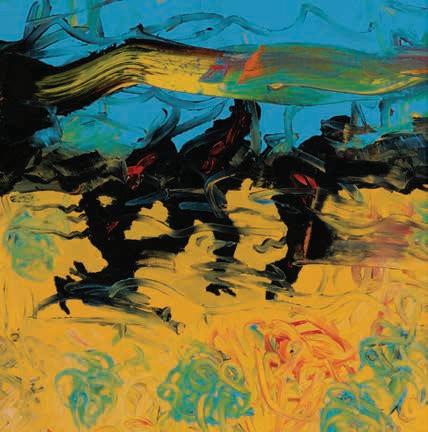
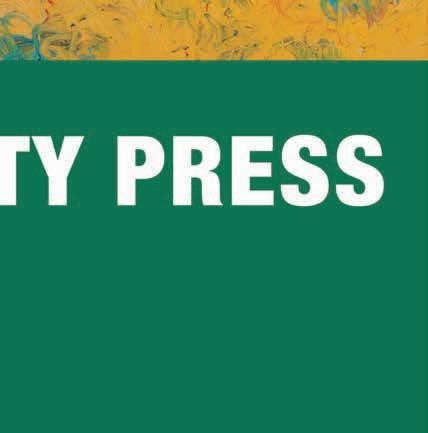


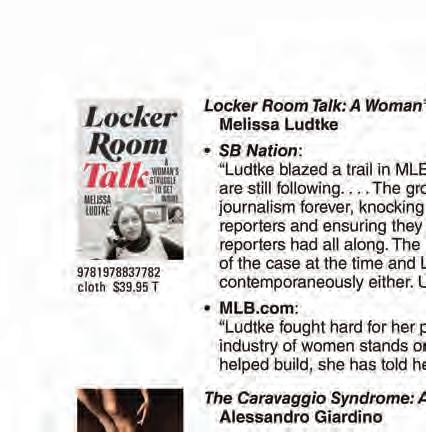
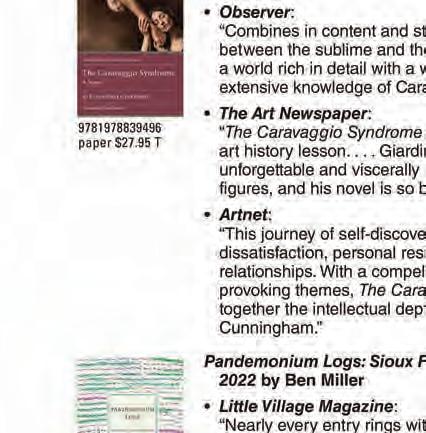
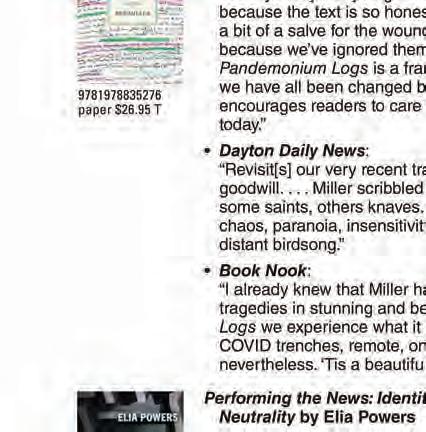
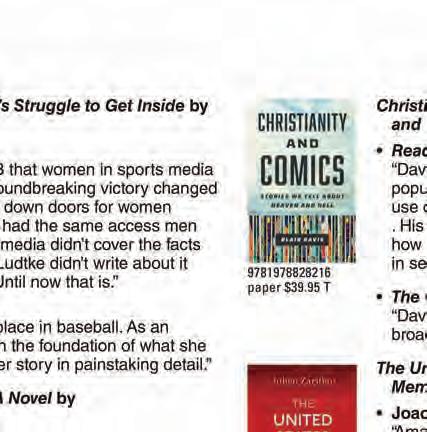
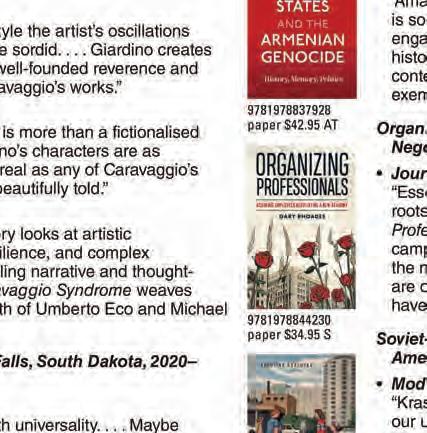
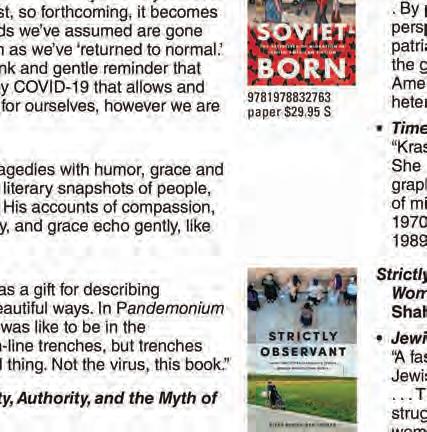
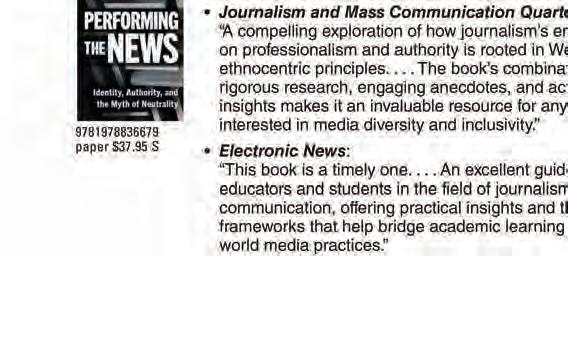
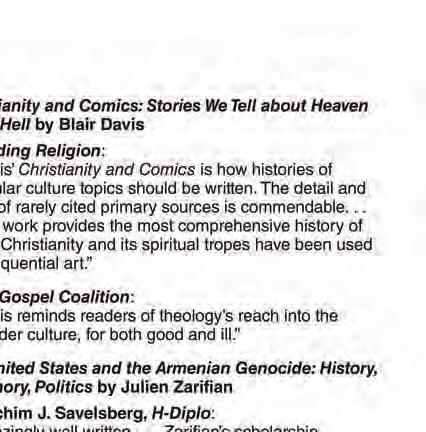
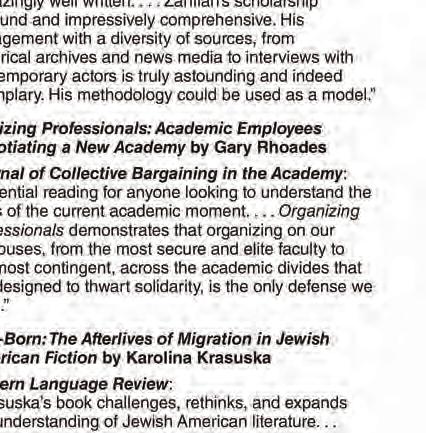
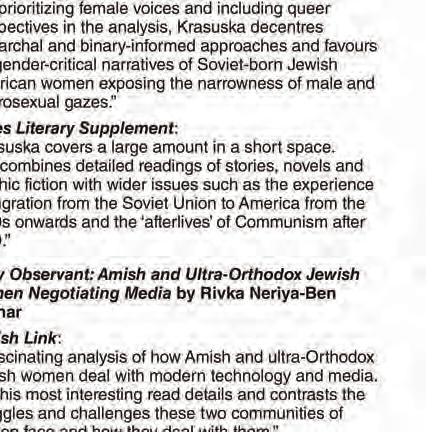
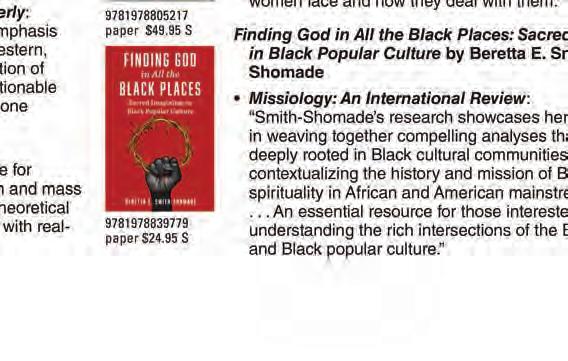
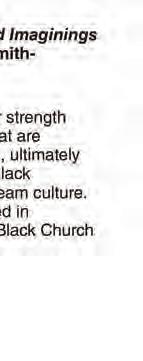
The Darién Gap
A Reporter's Journey Through the Deadly Crossroads of the Americas
Belén Fernández
"The world could use more writers like Belén Fernández. Her curiosity is relentless (and contagious). And she brings an astonishing worldliness as well as a deep fount of smarts and empathy to whatever she takes on. This is a highly original and intrepid book about immigration and what it means to travel across borders of every sort."
—Jonathan Blitzer, author of Everyone Who Is Gone Is Here: The United States, Central America, and the Making of a Crisis
"Belén Fernández is among our most intelligent 'on-the-spot' journalists. She knows much of the world firsthand, and she critically connects its various hot spots into a larger whole. Her excellent The Darién Gap brings the reader into what was a thick jungle in a thin land but now is a well-trodden chokepoint on the global migrant highway. Fascinating and beautifully written."
—Greg Grandin, Pulitzer Prize-winning author of The End of the Myth
"Belén Fernández is a fearless journalist with deep empathy for her subjects. Her onthe-ground reporting is in the same spirit as George Orwell. She delivers the unvarnished truth of our time about people seeking safe harbor in a chaotic world."
—Melissa del Bosque, cofounder, The Border Chronicle
The narrow Darién Gap, the only land bridge connecting South and Central America, encompasses a spectacularly hostile jungle, covered in steep mountains, dense rainforests, and flood-prone marshes. Known in Spanish as el infierno verde, or “the green hell,” it is one of the most inhospitable places in the world. Its terrain is too treacherous for roads, yet hundreds of thousands of refuge seekers contend with its horrors every year in the hopes of reaching the United States, still some three thousand miles away. And of the countless who set out for the border, an untold number never arrive.
In this book, journalist Belén Fernández visits the Darién Gap to report on the dehumanizing and deadly stretch of land that has become a mass graveyard for migrants. Fernández’s travels bring her into contact with refuge seekers, people smugglers, law enforcement officials, and many more whose stories bring life to a place overwhelmingly associated with death. Combining history, on-the-ground reporting, travelogue, memoir, and searing politico-economic analysis, she shines light on a largely made-in-the-USA crisis that has come to define our modern era.
Engrossing and heartrending, The Darién Gap is a poignant and compassionate indictment of structural inequality and institutionalized inhumanity in a world where the have-nots must risk death for a chance at a better life—or any life at all.
BELÉN FERNÁNDEZ is an opinion columnist for Al Jazeera and the author of several books, including Inside Siglo XXI: Locked Up in Mexico's Largest Immigration Center She is a contributing editor at Jacobin, and her work has appeared in the New York Times
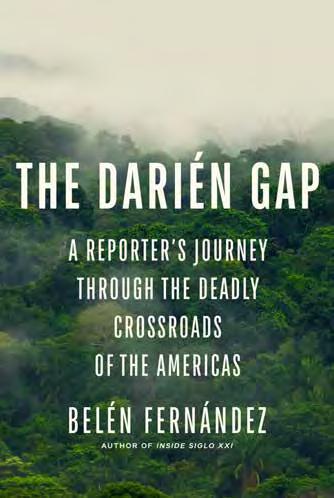
August 12, 2025
206 Pages • 5½ x 8½ • 1 map
9781978842083 • Hardcover with printed dust jacket • $29.95
Rutgers Trade Current Affairs
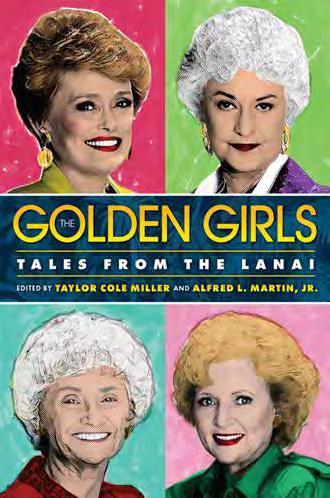
September 9, 2025
260 Pages • 6¼ x 9¼ • 32 color and 2 B-W images
9781978836846 • Paperback • $29.95 Rutgers Trade Television • Popular Culture
Additional print format:
9781978836853 • Hardcover • $69.95 Rutgers Super Short
Table of Contents
Introduction: Thank You for Being a Fan: Forty Years of The Golden Girls
1. “Picture It, U.S. 2020 . . .”: Sitcom Nostalgia During the Pandemic
2. Disney’s Renaissance Woman: Susan Harris, The Golden Girls, and Touchstone Television
3. Miami Thrice: The Golden Girls in Rerun Syndication
4. Golden Memories: Narrative Complexity and Flashback Episodes in The Golden Girls
5. Enquiring Minds: The Golden Girls and Tabloid Culture
6. I Need a Cheesecake: 1980s Diet Culture and The Golden Girls
7. “AIDS Is Not a Bad Person’s Disease, Rose”: Contagion and Comedy on The Golden Girls
8. Sex and the “Biddy”: An Examination of Age and Sexual Performance in The Golden Girls
9. Thank You for Being a Mom: Contradictory Lessons in Mothering from The Golden Girls
10. Golden Girlfriends: Black Women’s Fandom and the Implicit Blackness of The Golden Girls
11. Smut upon a Time in Miami: The Golden Girls’ Camp Comedy
12. Thank You for Making Drag Safe: Mainstreaming Queerness Through Live Golden Girls Stage Productions
The Golden Girls
Tales from the Lanai
Edited by Taylor Cole Miller and Alfred L. Martin Jr.
"These tales offer an amazingly detailed history of the Girls, full of in-depth analysis, revealing interviews, never-before-known facts, and sly references to our favorite funny moments and one-liners. Like Dorothy, it's super-smart. Like Sophia, it'll have you laughing out loud. And like Vanna White's memoir, it's just a helluva book!"
—Jim Colucci, New York Times bestselling author of Golden Girls Forever: An Unauthorized Look Behind the Lanai
“Miller and Martin have expertly curated an impressive collection of essays that capture the wit and the heart of The Golden Girls while simultaneously offering an essential contribution to the field of television studies. This is the book that fans and scholars have been waiting for.”
—Racquel J. Gates, author of Double Negative: The Black Image and Popular Culture
“This book is a testament to both the emotional truth and sociological power this powerhouse television show created. It is a glorious and fascinating look into the writing, the performances, and most of all the many lines they crossed. I say this from the bottom of my heart to the humans involved in this book: thank you. For being a friend.”
—Alexandra Billings, actress and author of This Time for Me: A Memoir
"This book is more fun than a herring circus. Martin and Miller have put together a collection that deftly illustrates the depth, significance, and risk taking that define The Golden Girls. It's an important addition to work on eighties TV and a must-read for fans of the Girls. It made me feel like I just won Butter Queen."
—Kelly Kessler, author of Broadway in the Box: Television's Lasting Love Affair with the Musical
"Weaving together witty commentary, behind-the-scenes perspectives, and solid research, this book allows the reader—from casual fan to die-hard fanatic—to reflect upon The Golden Girls phenomenon in fresh and thought-provoking ways."
—Maria Carpiac / professor and director of the Gerontology Program at California State University, Long Beach
The Golden Girls: Tales from the Lanai is an accessible collection that explores the cultural, industrial, and historical impact of that beloved American sitcom. Edited by Taylor Cole Miller and Alfred L. Martin Jr., this anthology brings together a diverse range of voices that model different media studies approaches to researching and critically analyzing television texts. The Golden Girls reclaims the production history and development of the show, opens new conversations about audiences—especially Black, queer, and female audiences—and provides new insight into the meteoric rise in popularity of The Golden Girls as a 2020s cultural phenomenon. With twelve original chapters and extensive original interviews offering readers rare insights behind the scenes, the book is a long day’s journey into the marinara of The Golden Girls—an immersive, engaging opportunity for readers to learn more about the show. It truly is the golden age of The Golden Girls
TAYLOR COLE MILLER is an assistant professor of media studies at the University of Wisconsin-La Crosse.
ALFRED L. MARTIN JR. is an associate professor and Department Chair of the Department of Cinematic Arts at the University of Miami. He is the author of Fandom for Us, By Us: The Pleasures and Practices of black Audiences and The Generic Closet: Black Gayness and the Black-Cast Sitcom, and editor of Rolling: Blackness and Mediated Comedy.
Too Poor to Die
The Hidden Realities of Dying in the Margins
Amy Shea
"Thoughtful and insightful, and backed up by solid research, Shea's collection of essays comfortably sits at the intersection of the personal and the critical. Too Poor to Die is an important narrative meditation on a difficult topic in American life: the uncertain, overlooked fate of unhoused people facing death."
—Ethan Gildorf, author of Fantasy Freaks and Gaming Geeks
"An unflinching and illuminating look at subjects that our culture too often sweep under the rug but can no longer afford to ignore. Shea's prose glimmers with creativity, compassion, and intelligence."
—Justin Hocking, author of A Field Guide to the Subterranean
"Shea deftly examines how our society fails those who live on the margins, both in life and in death. This compassionate and unflinching book will break your heart for the better."
—Beth Winegarner, author of San Francisco's Forgotten Cemeteries: A Buried History
"Shea explores the political economy of death and its management within a system that cares little for the marginalized and where dying with dignity has become one more human right turned into an expensive luxury. Too Poor to Die blends personal narrative, sociology, and documentary research to draw a portrait of lives on the margins of a society that continually neglects them, even after death. Shea resists any sentimental portraits of poverty, instead homing in on a granular, personal engagement that emphasizes the humanity of those struggling to live and die with dignity. She shows how the act of witnessing can honor the lives of those who might otherwise become yet one more statistic, one more name on a list of the forgotten. Such attentiveness is an act of care that adds urgency to the clear need for rethinking how dying is embedded in living and how dying with dignity requires attention to the lives and living conditions of all."
—David Buuck, author of Noise in the Face Of
Death is the great equalizer, but not all deaths are created equal. In recent years, there has been an increased interest and advocacy concerning end-of-life and after-death care. An increasing number of individuals and organizations from health care to the funeral and death care industries are working to promote and encourage people to consider their end-of-life wishes. Yet, there are limits to who these efforts reach and who can access such resources. These conversations come from a place of good intentions, but also from a place of privilege.
Too Poor to Die: The Hidden Realities of Dying in the Margins, a collection of closely connected essays, takes the reader on a journey into what happens to those who die while experiencing homelessness or who end up indigent or unclaimed at the end of life. Too Poor to Die bears witness to the disparities in death and dying faced by some of society’s most vulnerable and marginalized and asks the reader to consider their own end-of-life and disposition plans within the larger context of how privilege and access plays a role in what we want versus what we get in death.
AMY SHEA is the writing program director for Mount Tamalpais College, a college for incarcerated people in San Quentin, CA. Her essays have appeared in The Missouri Review, Portland Review,The Massachusetts Review, the Journal of Sociology of Health & Illness, and others.
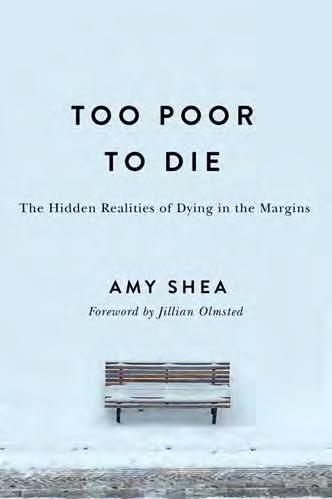
September 9, 2025
254 Pages • 6 x 9 • 26 B-W images
9781978843981 • Paperback • $28.95
Rutgers Trade Current Affairs
Additional print format:
9781978843998 • Hardcover • $69.95
Rutgers Super Short
Table of Contents Foreword by Jillian
Introduction
1. Remembering the Forgotten: The Space That Remains
2. Assaying: On the Anxiety of Positionality
3. Death by a Thousand Viewings
4. How to Have a Good Death, or, The Dead Grandma Essay
5. The Department of Transitional Assistance: Burial Unit
6. Field Notes of a Tombstone Tourist
7. On Bodies and Embodiment
8. Sweet Feet
9. Deaths of Disparity
10. Rest in Place: Hospice for Unhoused Individuals
11. In Memoriam
12. Indexing the Life and Death Experience of Homelessness: A Poem
Acknowledgments Bibliography Index
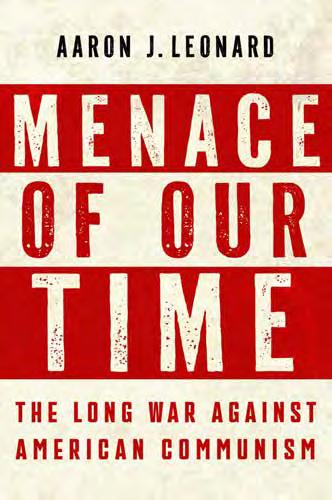
September 9, 2025
242 Pages • 6 x 9 • 11 B-W, 2 table images
9781978841802 • Hardcover with printed dust jacket • $27.95
Rutgers Trade U.S. History
Tabel of Contents
Abbreviations
Preface
Introduction
1. Opening Salvos (1901-1920)
2. Underground and Above (1921-1927)
3. The Third Period (1928-1933)
4. Marginalized in the Mainstream (1934-1939)
5. To War (1939-1945)
6. Clampdown (1946-1947)
7. Decapitation and Violence (1948-1949)
8. Prison and Pursuit (1950-1953)
9. Disruption (1954-1963)
10. Hounded (1964-1970)
11. Final Conflicts (1971-1991)
Conclusion
Appendix I: CPUSA Leaders Imprisoned
Appendix II: FBI Files Referenced
Chronology
Acknowledgments
Bibliography Index
Menace of Our Time
The Long War Against American Communism
Aaron J. Leonard
"Leonard's study of unparalleled political repression is both comprehensive and engrossing. For over sixty years, mass surveillance, sustained persecution, and frequent imprisonment were all used to silence American communists and, more broadly, cripple left-wing activism. Essential reading for students of American political history."
—Phillip Deery, author of Red Apple: Communism and McCarthyism in Cold War New York
"This comprehensive and sprightly story suggests that the ascendancy of today's right wing is based in no small measure on their obsession of the previous epoch— anticommunism—which savaged progressivism under the guise of fighting Communists. This book is an important contribution."
—Gerald Horne, author of Black Liberation/Red Scare: Ben Davis and the Communist Party
"The sordid story of the intense and prolonged repression of American communists has never been told better. Leonard's compelling and highly illuminating book is a must-read for everyone interested in US political history."
—Geoffrey Roberts, author of Stalin's Library: A Dictator and His Books
Beginning at the turn of the century, and ending only with communism’s collapse, the US government and major elements in the wider society undertook an unrelenting effort to suppress and criminalize domestic communism. This book tracks those efforts, from the state laws of the twenties that imprisoned the fledgling communist leadership, the efforts by police and local authorities against communists as they fought for unions, racial equality, and the unemployed, the trials and imprisonment of communist leaders midcentury, the extralegal efforts of the Counterintelligence Program (COINTELPRO) in the sixties, and the ongoing, relentless attention by the FBI afterward. This is a longoverdue book about the most extensive, repressive effort ever undertaken by US authorities against a political organization that, however problematic, was largely operating within the scope of constitutionally mandated freedoms.
AARON J. LEONARD is an author and historian. Among his books are Heavy Radicals: The FBI's Secret War on America's Maoists, The Folk Singers & the Bureau, and Meltdown Expected: Crisis, Disorder and Upheaval at the End of the 1970s (Rutgers University Press, 2024).
Unpacking My Father's Bookstore
Laurence Roth
“This beautifully rendered work brings readers into the lush spaces of a beloved Jewish bookstore in midcentury Los Angeles. Moving gracefully between memoir and a larger story about the world of Jewish books, bookstores, and American Jewish readers, Roth unpacks his father's bookstore. In so doing he rearranges the books to tell his own story.”
—Laura Levitt / author of The Objects That Remain
"Roth ushers us into the history of Jewish books in a way no other literary scholar could. This remarkable book gives us an insider's tour while offering an intimate, moving portrait of one American Jewish family as well as a sharp, detailed, and thoughtprovoking account of how books move through and transform our lives."
—Josh Lambert / author of The Literary Mafia: Jews, Publishing, and Postwar American Literature
“Unpacking My Father’s Bookstore is a brilliant family memoir and history of American bookselling. Attractively written and always compelling, this provides both an intimate, child's-eye view of the world and a profound understanding of the nature of cultural transformation.”
—Bryan Cheyette, author of The Ghetto: A Very Short Introduction
"This isn't only a paean to the legendary Los Angeles bookstore, where browsing was a hermeneutical activity, but a eulogy to a father-and-son relationship and a map of how Jewish knowledge circulated in America in the second half of the twentieth century. Kudos to Laurence Roth for hearing the call of memory. Bookstores are where our minds feel grounded and our hearts find meaning."
—Ilan Stavans, editor of How Yiddish Changed America and How America Changed Yiddish
Unpacking My Father’s Bookstore brings to life the history of J. Roth / Bookseller of Fine & Scholarly Judaica, which was a microcosm of the Los Angeles Jewish community from 1966 to 1994 and one of the premier Jewish bookstores in the United States. Blending critical analysis with a personal account of growing up in his father’s bookstore, and connecting both to larger forces that helped shape Jewish and American book retailing in the twentieth-century, Laurence Roth crafts a richly felt narrative about his family’s Jewish experience in America. It is a reminder, too, that while most independent bookstores like J. Roth Bookseller disappear from history, these retailers often had outsized effects on their communities. Breaking with conventional modes of scholarship, Unpacking My Father’s Bookstore tells a unique and troubled story that rarely gets told, one that is both personal and analytical, theoretical but rooted in the everyday.
LAURENCE ROTH is the Charles B. Degenstein Professor of English and director of the Jewish & Israel Studies Program and The Build Collaborative at Susquehanna University, Pennsylvania. He is the author of Inspecting Jews: American Jewish Detective Stories (Rutgers University Press, 2003) and coeditor, with Nadia Valman, of The Routledge Handbook of Contemporary Jewish Cultures.
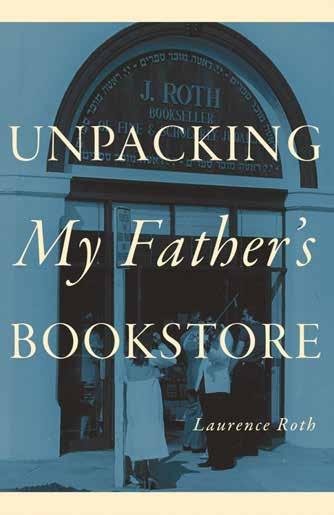
September 9, 2025
330 Pages • 5½ x 8½ • 7 bw, 5 color images
9781978836600 • Hardcover with printed dust jacket • $29.95
Rutgers Trade Memoir • Books • Jewish Studies
Table of Contents
Sotheby’s, Manhattan, 1985
1. Grand Opening (objects)
2. The Inventory (commerce)
3. The Storefront (place) Greystone Park, New Jersey, 1935
4. The Second Store (gender)
5. The Sales Floor (collection)
U.S.S.R., 1976
6. The Book-Lined Wall (design)
7. The Shipping Room (sound)
8. Collection’s End (networks) Selinsgrove, Pennsylvania, 2021
Locations and Dates in Operation
Acknowledgments Works Cited and Consulted
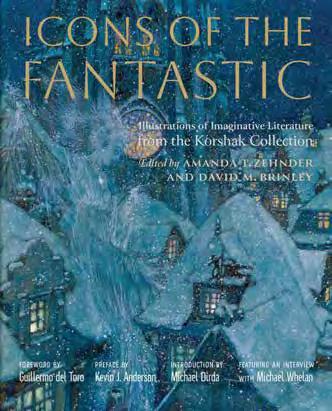
Icons of the Fantastic
Illustrations of Imaginative Literature from the Korshak Collection
Edited by Amanda Zehnder and David Brinley
Preface by Kevin J. Anderson
Afterword by Gary K. Wolfe
Foreword by Guillermo del Toro
Introduction by Michael Dirda
Icons of the Fantastic: Illustrations of Imaginative Literature from the Korshak Collection features artwork by pioneering artists from over 160 years of published works of science fiction and fantasy. The illustrations in the collection appeared on the covers of timeless novels such as the Tarzan series by Edgar Rice Burroughs and classic pulp magazines from the 1930s through 1960s, such as Amazing Stories and Weird Tales. They accompany images of mischievous satyrs, ethereal mermaids, and spell-casting witches for texts ranging from The Tempest, Don Quixote, and Alice's Adventures in Wonderland to works by Edgar Allan Poe and H. G. Wells. Alongside essays about famous illustrators such as Arthur Rackham and Aubrey Beardsley, contributors engage in a critical reassessment of understudied artists such as José Segrelles, Wladyslaw Benda, Margaret Brundage, and Hannes Bok. The book includes a foreword by Guillermo del Toro, a preface by Kevin J. Anderson, an introduction by Michael Dirda, and an interview with renowned contemporary illustration artist Michael Whelan.
AMANDA ZEHNDER is chief curator and department head of museums at the University of Delaware.
DAVID BRINLEY is professor of art and design at the University of Delaware.
October 14, 2025
172 Pages • 9 x 11 • 197 full color images (including 53 full page plates)
9781644534052 • Hardcover • $44.95
Rutgers Trade Art
Table of Contents
Guillermo Del Toro, Foreword: A Cabinet That Holds the World
Kevin J. Anderson, Preface
Michael Dirda, Introduction to the Korshak Collection
Stephen D. Korshak, The Korshak Collection of Illustrations of Imaginative Literature: A Collector’s Journey
Stephen D. Korshak, Shasta Publishers
David M. Brinley, The Korshaks: A Legacy of Influence
Margaret D. Stetz, Aubrey Beardsley: The Illustrator Who Would Not “Illustrate”
Ashley Rye-Kopec, “A Hint and an Opportunity”: Goblins, Fairies, and Mysterious Creatures in Arthur Rackham’s The Sleep of Rip Van Winkle
Amanda T. Zehnder, The Blue of Deep Water and the Blue of a Winter Night’s Sky: The Poetry of Word and Image in the Art of Edmund Dulac
Rachael Kane, Knights of Old: Władysław Benda's Skeletal Hussars
Lauren Stump, José Segrelles: The Spanish Master of Mystical and Fantastical Illustration
Lisa Yaszek, Margaret (Johnson) Brundage: First Woman of Fantasy Art
David M. Brinley, Unveiling the Enigmatic Genius of Hannes Bok
David M. Brinley, Interview with Michael R. Whelan
Gary K. Wolfe, Afterword: A Dialogue of Things Unseen
Illustrated Checklist of the Full Korshak Collection
Contributors
GUILLERMO DEL TORO is a renowned filmmaker, writer, and artist, who has directed over a dozen films and created numerous television shows, including The Strain (2014–2017) and Guillermo del Toro’s Cabinet of Curiosities (2022).
KEVIN J. ANDERSON has published more than 190 books, fifty-eight of which have been national or international best sellers. Anderson is the director of the graduate program in Publishing at Western Colorado University, and he and his wife, Rebecca Moesta, are the publishers of WordFire Press.
MICHAEL DIRDA is a Pulitzer Prize–winning journalist, a longtime book columnist for The Washington Post, and the author of the memoir An Open Book (2003), five collections of essays, and the critical appreciation On Conan Doyle (2012).



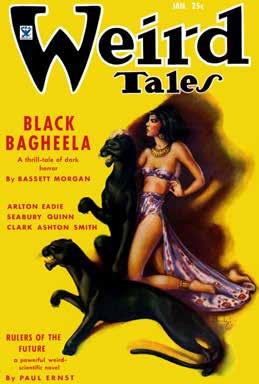
Partial List of Artists
Aubrey Beardsley
Wladyslaw T. Benda
Hannes
Margaret Brundage
Edmund Dulac
Arthur Rackham
José Segrelles
Michael Whelan


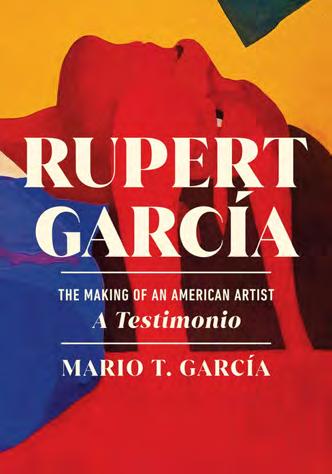
January 13, 2026
315 Pages • 7 x 10 • 57 color and 28 B-W images 9781978844018 • Hardcover with printed dust jacket • $34.95
Rutgers Trade Art • Latinx Studies
Rupert García
The Making of an American Artist, a Testimonio
Mario T. García
"Long overdue but worth the wait, Rupert García: The Making of an American Artist, is a critical contribution to U.S. History, American Art History, and scholarly intersections in the Humanities and Social Sciences. Offering un gran testimonio of vanguard Chicano artist Rupert García, historian Mario García's book is the model and blueprint for comprehensive examinations of key figures in our shared social struggles and cultural victories."—Ella Maria Diaz, author of José Montoya
Rupert García: The Making of an American Artist, a Testimonio is a compelling story of a working-class Mexican American becoming an artist with national and international recognition. Based on extensive interviews over many years, Mario T. García provides an autobiographical narrative of an American artist greatly influenced by history and politics.
MARIO T. GARCÍA is a distinguished professor of Chicano studies and history at the University of California, Santa Barbara. He has published over twenty books over the course of his career, including Blowout! Sal Castro and the Chicano Struggle for Educational Justice and The Latino Generation: Voices of the New America.
Table of Contents
Introduction
Chapter One—Stockton Boy Chapter Two—School Days
Chapter Three—Junior College and the City Chapter Four—Indochina Chapter Five—San Francisco State Chapter Six—The Mission Cultural Renaissance Chapter Seven—Moving On Chapter Eight—Fluorescence Chapter Nine—Millennial Artist Afterword Notes Index
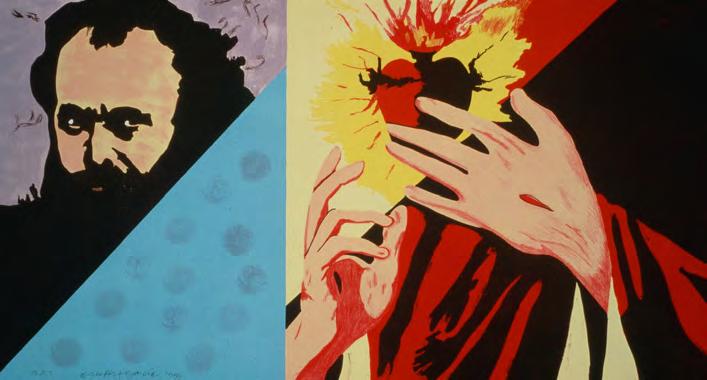

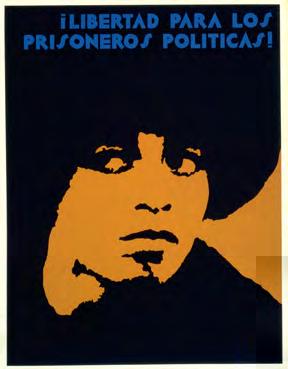
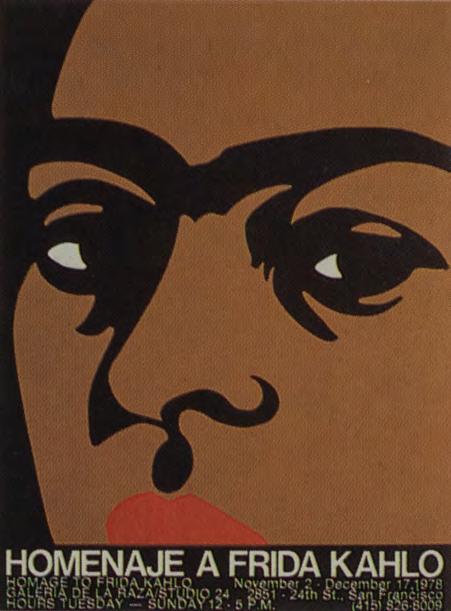

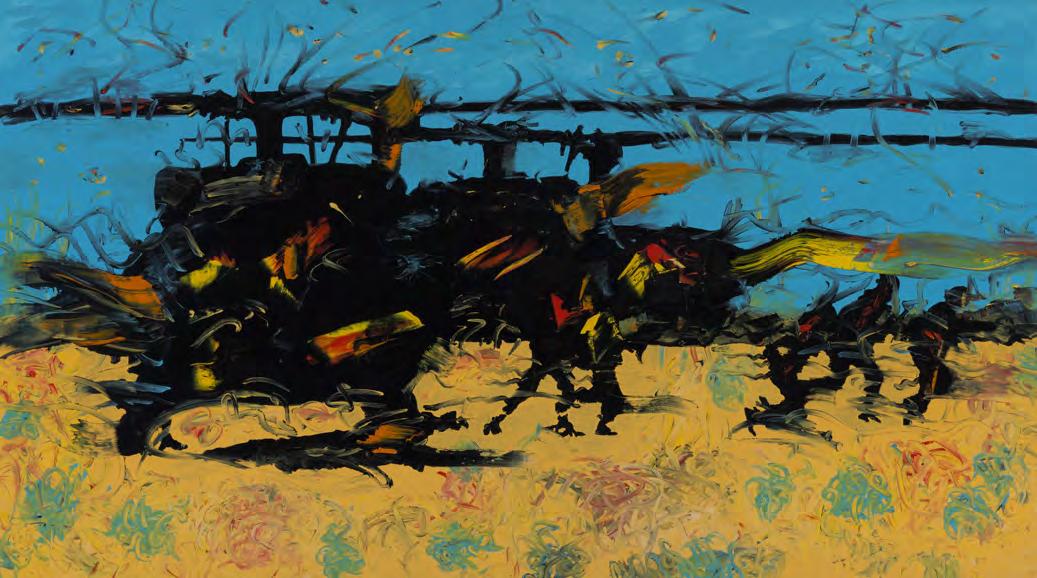
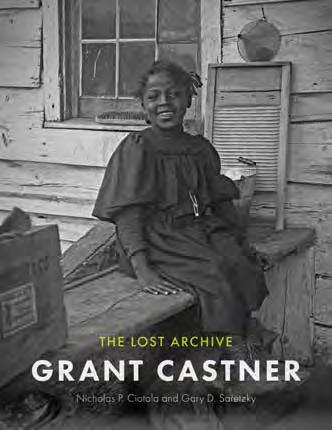
Grant Castner
The Lost Archive
Nicholas P. Ciotola, New Jersey State Museum, and Gary D. Saretzky
In July 2019, staff of the New Jersey State Museum visited a cramped and dusty storage locker in Hunterdon County. Inside was a treasure trove of more than one thousand glass plate negatives. Each negative preserved an image of New Jersey at the turn of the twentieth century. They once belonged to a Trenton resident who had used the plates as tools for his chosen art form. His name was Grant Castner. His art was photography.
Castner’s glass plate negatives are a visual record of New Jersey’s social and cultural history. His many human subjects are rich and poor, young and old, Black and white. They are at work, at play, at home, and in the community. Castner also documented social change brought about by electricity, engineering, education, industry, and transportation. He captured the excitement of public amusements such as parades and fairs. He recorded the aftermath of floods, fires, and other disasters. Castner also had a fondness for the outdoors. He used his camera to reflect on the beauty and tranquility that he found in the natural landscapes of New Jersey.
February 10, 2026
162 Pages • 8½ x 11 • 4 color and 136 B-W images
9781978845206 • Hardcover with printed dust jacket • $49.95
Rutgers Academic Trade Photography
This book presents the collective work of Grant Castner, an amateur artist whose place in New Jersey history was, until now, completely unknown. His photographic negatives forever preserve pinpoint moments in the past. They are time machines to another era. Let this long lost archive transport you on a visual journey into a New Jersey of days gone by.
NICHOLAS P. CIOTOLA has been the New Jersey State Museum’s curator of cultural history since 2009. Previously, he was a curator at the Heinz History Center in Pittsburgh. In twenty-five years as a museum professional, he has served as project director, curator, and/or author for numerous exhibitions, books, and articles on American history and material culture.
GARY D. SARETZKY, archivist, educator, and photographer, worked as an archivist for more than fifty years at the State Historical Society of Wisconsin, the Educational Testing Service, and the Monmouth County Archives. He taught the history of photography at Mercer County Community College and coordinated the Rutgers Public History Internship Program.
CERES: Rutgers Studies in History

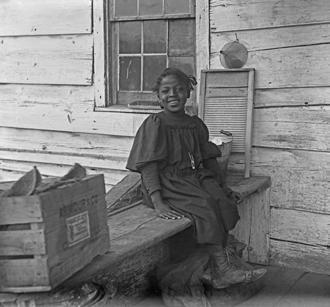





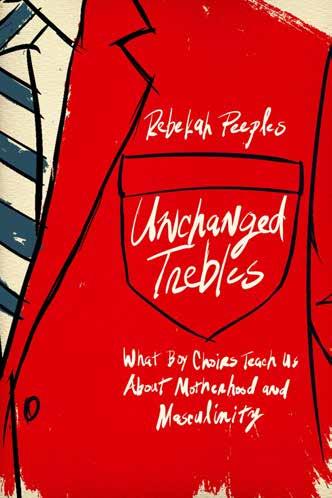
Unchanged Trebles
What Boy Choirs Teach Us About Motherhood and Masculinity
Rebekah
Peeples
"Unchanged Trebles is an exquisite read: a rich, clear, and compelling contribution at the cutting edge of gender studies, it is also a deeply moving search by a boy mom for a world where her son can fully be himself. Though it is about a relatively rare cultural niche, the boy choir, Rebekah Peeples's book demonstrates the thrilling power of social science research to help us get things right for children."
—Michael
C. Reichert, author of How to Raise a Boy: The Power of Connection to Build Good Men
"In this honest and beautiful account of her experiences with her son during his early adolescent years, Rebekah Peeples provides carefully researched insights alongside thoughtful personal reflections that illuminate ways to foster boys' healthy emotional expression and relationships. Unchanged Trebles emphasizes the power and pleasure of listening to boys and explores the possibility of building communities with boys that are inclusive, center on mutual respect and collaboration, contribute to their sense of purpose and belonging, and enable their authentic voices to develop and find resonance."
—Judy Y. Chu, author of When Boys Become Boys: Development, Relationships, and Masculinity
Boy choirs are one of the oldest musical traditions in the Western world. Known as “unchanged trebles” in the choral world, these groups have historically included biologically male singers who sing soprano notes until they go through puberty. But what does this mean in a culture that increasingly sees gender as an individual choice, rather than a fixed, biological category? And is this tradition, which is rooted in exclusion of girls and women, one that is even worth saving?
In Unchanged Trebles, sociologist Rebekah Peeples charts an unexpected, thoughtprovoking, and deeply personal journey into the peculiar world of contemporary boy choirs, where boys learn to do something together that they’re often embarrassed to do alone: sing in their soprano voices. Considering her experience as the unlikely mother of a boy soprano alongside dozens of interviews with current directors and former choristers, she argues that some of the tools for creating a more gender-inclusive future can be found in an ancient tradition that has long recognized gender fluidity within the prepubescent male body. With humor, insight, and the voice of a gifted storyteller, Unchanged Trebles explores a cultural tradition in which singing and expressing emotion are encouraged for boys, showing them a more expansive form of masculinity as they transition from boyhood to manhood.
REBEKAH PEEPLES is associate dean of the College for Curriculum and Assessment at Princeton University. She is the author of Walmart Wars: Moral Populism in the Twenty-First Century
The Black Body
Anna Maria Gehnyei
Translated by Eilis Kierans and Sandra Waters
Foreword by Igiaba Scego and Yvette Samnick
“A rapper, dancer, and beatmaker, Anna Maria Gehnyei is also a bold and brash writer. Every line of her electrifying memoir pulses with sharp social critique. You will love it all!” —Abdourahman A. Waberi, author of In the United States of Africa
“In this important memoir, Anna Maria Gehnyei revisits the route she traveled in order to inhabit her 'Black Body' with pride and determination, in a country like Italy, where bodies like hers are constantly racialized. Through the exploration of her family memory and a journey to Liberia, Gehnyei grounds her present in the past, creating continuity between her own story and the stories of the children of the African diaspora around the world.”
—Caterina Romeo, author of Interrupted Narratives and Intersectional Representations in Italian Postcolonial Literature
In her memoir, Anna Maria Gehnyei, better known as singer, rapper, and producer Karima 2G, reveals the challenges she faced as the child of Liberian immigrants, born and raised in Rome but perpetually viewed by her fellow Italians as a foreigner.
The daughter of the first Kpelle man to ever leave his native village and emigrate to Europe, Anna is proud of her heritage but only knows Liberia as a mystical, faraway land that appears in her parents’ stories. Though Italy is the only homeland she knows, she is merely classed as a resident, not a permanent citizen. At school and in the streets of Rome, she is treated to a mixture of patronizing condescension and xenophobic hostility. But Anna refuses to be bullied into mute submission, finding her voice as a performer and activist who demands recognition for Italy’s growing immigrant population.
ANNA MARIA GEHNYEI, also known as Karima 2G, is a musician, dancer, and producer and the founder of the Black Lives Matter movement in Rome. This is her first book.
ELLIS KIERANS is an assistant professor of teaching in the Italian Department at Pennsylvania State University and co-editor of the Other Voices of Italy series. She has published widely on the works of Italian women.
SANDRA WATERS is the managing editor of Italian Quarterly and co-editor of the Other Voices of Italy series. She is the editor of The Spaces and Places of Horror and translator of Porpora Marcasciano's AntoloGaia, among other publications.
Other Voices of Italy
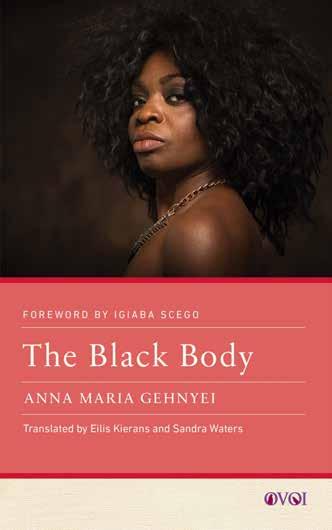
September 9, 2025
174 Pages • 5 x 8
9781978840973 • Paperback • $24.95
Rutgers Trade Memoir • Music • Global Black Studies
Additional print format:
9781978840980 • Hardcover • $59.95
Rutgers Super Short
Table of Contents
1. Seven Years Old
2. African Braids
3. Snakes and Dad 4. Scars on Skin
5. If You Know Your History
6 . The Secret Diary
7. All the Relatives
8. The Kpelle People
9. The Initiation
10. La Lingua Parlata
11. Mussolini the Italian
12. The Diamond Princess
13. The Power of Twins
14. The First Sister
15. Rocks in Our Shoes
16. The Sound of Drums
17. The Black Body
18. Pidgin English
19. Roma Nord
20. The 29
21. The Motivator
22. The Guy from CasaPound
23. Fingerprints 24. Federico
25. I Dream of Water
26. Silent on the Surface
27. Mom Doesn’t Want Me to Go to Liberia
28. The Journey to Liberia
29. Oceanic Currents
30. Blessings
31. Italian Citizenship
32. Karima

DITTA: Korean Humanities in Translation
“Ditta” in Korean means stepping on or over, pressing into shape, or overcoming an obstacle or failure. These usages aptly capture the uneasy yet provocative coexistence of translation’s tropes of passage and metamorphosis, and translation’s role as a vital site of worldbuilding. DITTA: Korean Humanities in Translation provides a unique and sustaining venue for the English translation of overlooked Korean sources across literature, language, history, religion, philosophy, arts, and popular culture. Each book includes a foreword by noted scholars underscoring the significance of the author and their work within Korea and beyond.
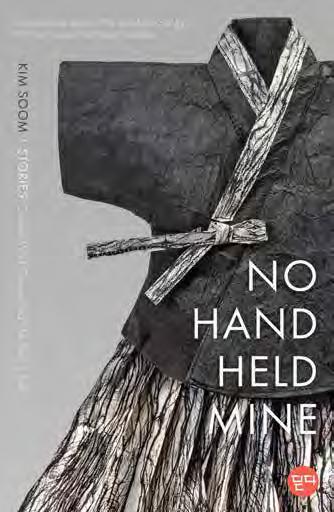
October 14, 2025
94 Pages • 5½ x 8½
9781978842809 • Paperback • $19.95 Rutgers Trade Literature
Additional print format:
9781978842816 • Hardcover • $39.95 Rutgers Super Short
No Hand Held Mine
Stories — "Granny Wild Goose" and "The Root's Tale"
Kim Soom and Soom Kim
Translated by Joon-Li Kim and Doo-Sun Ryu
Foreword by Alexis Dudden
"Kim Soom carefully crafts each word and each negative space to articulate women's silenced histories. The unspeakable sings in this devastatingly beautiful book."
—Grace M. Cho, author of Tastes Like War, finalist for the National Book Award
"No Hand Held Mine holds translators Joon-Li Kim and Doo-Sun Ryu's tender care to invite the Anglophone audience into Kim Soom's breath ("soom")—her uniquely dreamy, meditative prose and poetic rhythm."
—Emily Jungmin Yoon, author of Find Me as the Creature I Am: Poems
An elderly Korean woman talking about being forced into sexual slavery during World War II. A modern Korean woman extricating herself from a failing relationship with an artist. Award-winning South Korean writer Kim Soom presents us with portraits of two women who couldn’t be more different but who both show resilience and compassion. No Hand Held Mine: Stories, containing one nonfiction piece and one short story, demonstrates the power and breadth of Kim’s writing. “Granny Wild Goose” uses former Comfort Woman Gil Won-Ok’s own words, recorded during conversations with Kim, to tell her life story of brutality, betrayal, and survival. In “The Root’s Tale,” the female protagonist comes to understand the strength of solitary women. Both devastating and reaffirming, No Hand Held Mine shows why Kim Soom has received every major literary award in Korea. Joon-Li Kim and Doo-Sun Ryu’s sensitive translation maintains Kim’s lyricism and exquisite imagery.
This book is published with the support of The Daesan Foundation.
KIM SOOM is a novelist based in Seoul, South Korea. She has published numerous short stories and novels. Her works that have been translated and published in English include One Left, Divorce, and The Night Nobody Returns Home
JOON-LI KIM was born in South Korea and grew up in the American Midwest. She is a freelance writer and an editor of academic research papers, novels, and memoirs.
DOO-SUN RYU is emeritus professor of English literature at Seoul National University. He is the author of D. H. Lawrence’s “The Rainbow ”and “Women in Love: A Critical Study”.
DITTA: Korean Humanities in Translation Table
ALEXIS DUDDEN is professor of history at the University of Connecticut. She is the author of Japan's Colonization of Korea: Discourse and Power and Troubled Apologies Among Japan, Korea, and the United States.
Flatfish Poems, A Bilingual Edition
Moon Tae-jun, Tae-jun Moon, and Tae-Jun Moon
Translated by Brandon Joseph Park
Foreword by Jae Won Edward Chung
“From a wild persimmon tree next to a tin-roofed house to a waning crescent moon being filled like well water, Flatfish transports us into an irresistible world. Park's translation captures a shifting landscape and the poetic voice that asks and answers the question, where will we go from here?”
—Su Cho, author of The Symmetry of Fish
"In these illuminating translations, Moon's vision penetrates human and nonhuman nature alike, simultaneously. In poem after poem, as the distinctions typically required to organize and navigate our world fall away, a singular, wildly fresh experience of being opens, as if our individual skins were not skin, but humanity's collective eyelid."
—Ed Bok Lee, American Book Award–winning author of Whorled and Mitochondrial Night
"Moon’s poetry looks into the abyss of great losses that Korean society has missed or overlooked amidst the violent material and spiritual upheavals of the past century. In his poems, the relationships humans have with the things around them determine who they are. Between you and me, between you and things, we are safe in the mind that bridges the gap. Moon’s poems show that without this connection, human life becomes empty.”
—Young-Jun Lee, director of the Research Institute for Korean Studies, Seoul, South Korea
In his poetry collection, Flatfish, Moon Tae-jun offers an aesthetic that emphasizes the author’s exploration of the inner self. At times sparse and allusive, his poems use blank space and other stylistic considerations to convey a voice and thought that ranges from the contemplative to the surreal and absurd. Moon’s poems suggest Buddhist ideologies, natural images, and Korean temples, as the collection explores individual experiences within the context of a search for understanding a greater whole. While Korea is certainly the setting of these poems, the works remain largely free of cultural-specific imagery and are, instead, naturalistic or universal. This first bilingual edition is a critical resource for students, poets, translators, and general readers alike. English-Korean Bilingual Edition 영-한 이중언어판
MOON TAE-JUN has published a number of poetry collections in Korean (Crowded Backyard, Barefeet, A Shadow’s Development, and more). In poems that range from short, broken lines to longer prose-like forms, Moon Tae-jun evokes a sense of longing, as if searching for moments in the past that help inform the present.
BRANDON JOSEPH PARK is a lecturer in the Department of Asian Languages and Cultures at Rutgers University–New Brunswick, and in the Writing Program at Rutgers University–Newark. He is the cotranslator of You Call That Music?!: Korean Popular Music Through the Generations.
DITTA: Korean Humanities in Translation

October 14, 2025
66 Pages • 5 x 8
9781978841253 • Paperback • $24.95
Rutgers Trade Poetry
Additional print format:
9781978841260 • Hardcover • $59.95
Rutgers Super Short
Partial Table of Contents
Foreword: Slow, quiet, and flat: Moon Tae-jun’s anti-speed lyric by
Jae Won Edward Chung
Translator’s Note Words from the Poet
Part I
Longing
Water Lily
Floor
Someone Cries and Goes
Back like a Rascal
Old Mother
Horizontal
The Outside
Destitution
Destitution 2
Bugs, Poems, & Co.
Frost
One Evening
Sack
Fading About that Time
The Stone’s Stomach
Part II
Path
Flatfish
Flatfish 2
Flatfish 3
Nursing Dog
Stars Sprout in the Winter Sky
School
Spread, Disease, Spread!
Oh My God!
Looking at SmallMums
Singing of the Tree Standing Dead
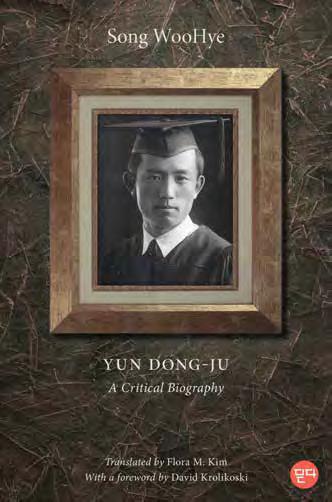
October 14, 2025
284 Pages • 6¼ x 9¼ • 19 B-W images
9781978841680 • Paperback • $36.95
Rutgers Academic Trade Biography
Additional print format:
9781978841697 • Hardcover • $150.00
Rutgers Super Short
Table of Contents
Foreword by David Krolikoski
Translator’s Note
Chapter 1. Birth of the Poet
Chapter 2. Myeongdong, the Place of Freedom Fighters
Chapter 3: Yongjeong, the Heart of the Haeran River
Chapter 4. Song Mong-gyu
Chapter 5. Seven Months in Pyeongyang
Chapter 6. Return to Yongjeong
Chapter 7. Yonhui Junior College, A Station for Youths
Chapter 8. Japan, the Place of a Six-Tatami Room
Chapter 9. Arrest, Trial, Imprisonment, and Death
Chapter 10. Here Lies Yun Dong-ju the Poet
Chapter 11: Glory of the National Poet
Notes
Acknowledgements
Bibliography
Notes on Contributors
Yun Dong-ju A Critical Biography
Song WooHye and WooHye Song
Translated by Flora M. Kim
Foreword by David Krolikoski
“A riveting account of an iconic poet against the backdrop of the heyday of Japan’s militaristic totalitarianism. Song’s accomplishment here is breathtaking, drawing a sensitive portrait of a young Korean intellectual with extraordinary knowledge of the subjects—his writings, ideas, friends, and family. In this long-awaited translation, we learn how to read Yun Dong-ju, and, by extension, his times in this gripping, insightful biography.”
—Sean Han, associate professor of history at The University of Alabama
Historian and novelist Song WooHye chronicles the life of Yun Dong-ju (1917–1945), one of the most beloved and important poets in the modern Korean literary canon, widely considered Korea's "National Poet". Beginning with the history of the North Gando region (now Yanbian, China), where Yun was born, and ending with facts behind the publication of his only and posthumous poetry collection, Sky, Wind, Star, and Poem, this critical biography elucidates who Yun Dong-ju really was, with factual descriptions of the bleak and turbulent period of Japan’s colonization of Korea.
While first working on the book in the 1980s, Song had interviewed the poet’s surviving relatives and friends, most of whom have since passed away. Without her interviews, these important firsthand accounts would have been lost. Song had an added advantage of an “insider,” as she is a niece of Song Mong-gyu, who was the poet’s first cousin and inseparable friend for life. Incorporating newly discovered materials and using interviews with the beloved poet's family and friends, this biography is the most comprehensive, definitive biography of Yun Dong-ju to date, now available in English for the first time.
This book is published with the support of the Literature Translation Institute of Korea (LTI Korea).
SONG WOOHYE is a historian and novelist and has published several novels and short story collections as well as biographies and collected essays. Best known for her work on Yun Dong-ju, she has also published papers on the history of North Gando and the Korean Independence Movement. She received a Samsung Literary Award in 1984.
FLORA M. KIM is a freelancing translator/interpreter based in New Jersey, where she was born. She grew up in Seoul, Korea. Formerly a lawyer and currently a librarian, she has taught Korean literature, cinema, translation, and interpreting at Rutgers University–New Brunswick.
DAVID KROLIKOSKI is an assistant professor of Korean at University of Hawaiʻi at Mānoa.
DITTA: Korean Humanities in Translation
Killer Bodies
The Rise and Fall of "Bad Girl" Comics
Joseph Crawford
"Weaving together cultural and political commentary, Crawford examines the historically fraught duality of the "Good Girl" vs "Bad Girl" paradigm. Not content to simply call out the male gaze and its prurient surveillance of the female body, Crawford grabs hold of that "third rail" in comics, by unapologetically critiquing why even superheroes cannot escape fetishization."
—Monalesia Earle, author of Writing Queer Women of Color: Representation and Misdirection in Contemporary Fiction and Graphic Narratives
"Addressing a neglected but fascinating cultural moment, Killer Bodies emphasizes the varying complexity and clichés of Bad Girls and the surprising diversity of people who made them. As sharp as a sai or a Witchblade, Crawford’s analysis cleaves through preconceptions to reveal myriad reasons its deadly subjects are worth revisiting."
—Anna F. Peppard, editor of Supersex: Sexuality, Fantasy, and the Superhero
Killer Bodies offers a history of the single most critically derided subgenre in American superhero comics: the ‘bad girl’ comics of the 1990s, which chronicled the blood-soaked adventures of barely dressed and improbably proportioned action heroines for an audience of adolescent boys. While not in any way attempting to rehabilitate the genre, which for the most part amply deserved its reputation as sexist and borderline pornographic, this book situates it within its original cultural context, as the result of a matrix of influences that included third-wave feminism, neopaganism, ‘girl power,’ the rise of the internet, the growing popularity of manga, supermodel beauty ideals, and the mainstreaming of pornography. It explores why and how the figure of the antiheroic, physically aggressive, sexually objectified heroine arose within American comics culture and the commercial and ideological factors that led to the genre’s rapid rise and equally rapid decline amidst the crisis-racked comics industry of the mid-1990s.
JOSEPH CRAWFORD is an associate professor of English at the University of Exeter, in the UK. He is the author of five books, including The Twilight of the Gothic and Inspiration and Insanity in British Poetry
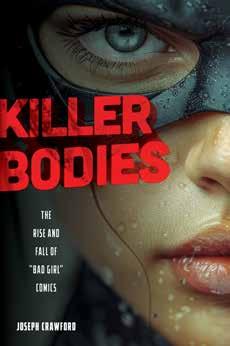
December 9, 2025 210 Pages • 6¼ x 9¼ • 17 color and 6 B-W images 9781978841963 • Paperback • $34.95
Rutgers Academic Trade Comics Studies • Women's Studies
Additional
A View from Life's Edge
Discovering What Really Matters with Older Women Across the Globe
Corinne G. Dempsey
"A rich and inspiring constellation of stories about splendid human imperfection, told by women who have freed themselves from opinions about aging. Put in a context of critical gerontology and spiritual questioning, this is an illuminating volume about living a finite life."
—Jan Baars, author of Aging and the Art of Living
"Blending ethnography with lyrical storytelling, Dempsey explores the tension between the vulnerability of late life and the moments of enduring beauty and wonder that can break through. These pages remind us that while old age may not guarantee wisdom, it may offer a view worth stopping for."
—Anna I. Corwin, author of Embracing Age: How Catholic Nuns Became Models of Aging Well
In today’s death-denying, success-driven society, older women’s countercultural voices call for our attention. Recounting emotionally charged conversations from across the world, A View from Life’s Edge reflects on women’s comfort with impending death, gratitude forged by catastrophe, and humility that makes way for wonder.
Speaking with nearly one hundred women over the age of eighty in four locations—northern Iceland, south India, a retirement community in California, and a convent in upstate New York—Corinne G. Dempsey finds that, as we near life’s end, we gain clarity about what really matters in life. Women’s stories and reflections, in which sorrow and loss are central to a life well lived, help to expand our sense of what it means to be human.
Drawing on the paradoxical wisdom of world religions and mystical traditions to frame late-life tendencies across cultures, Dempsey portrays these accounts as a corrective to mainstream values that defeat and diminish us. Dempsey encourages us to turn away from ageist fears rather than denying life’s inevitable end. Learning from older women’s perspectives, we might move their edge-of-life views closer to the center.
CORINNE G. DEMPSEY is a professor and the chair of religious studies at Nazareth University in Rochester, New York. Her previous works include Bridges Between Worlds: Spirits and Spirit Work in Northern Iceland and Bringing the Sacred Down to Earth: Adventures in Comparative Religion. Global Perspectives on Aging
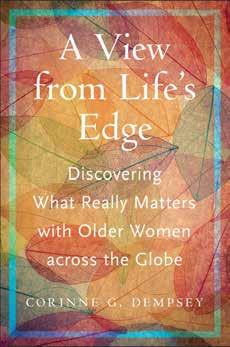
October 14, 2025
244 Pages • 6¼ x 9¼ • 16 color figures
9781978844643 • Paperback • $29.95
Rutgers Trade Aging • Women's Studies
Additional print format
9781978844650 • Hardcover • $130.00
Rutgers Super Short
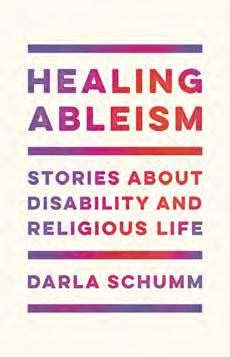
November 11, 2025
202 Pages • 5½ x 8½ • 1 color image and 1 B-W image
9781978842205 • Paperback • $27.95
Rutgers Trade Disability Studies • Religion
Additional print format
9781978842212 • Hardcover • $120.00
Rutgers Super Short
Healing Ableism
Stories About Disability and Religious Life
Darla Schumm
"'Accessible love' is Darla Schumm's brilliant proposal for dismantling ableism. Religious people commonly construct monumental barriers to access, inclusion, and equity in their teachings and architecture. Careful, candid, comprehensive analysis grounded in interviews with disabled people opens new paths. This deftly written book is theology at its most useful."
—Mary E. Hunt, cofounder and codirector, Women's Alliance for Theology, Ethics, and Ritual (WATER)
Most people encounter disability at some point in their lives, either in their own bodies or through a friend or loved one. Faith leaders, sacred texts, and members of religious communities frequently offer religious teachings and metaphors as explanation for the presence of disability, but rarely do we hear the voices of people living with disabilities reflecting on their experiences of God, faith, or religious life. In Healing Ableism: Stories About Disability and Religious Life, Darla Schumm explores the extraordinary stories of people with disabilities who struggle with the ordinary human challenges of faith and doubt, exclusion and inclusion, and injustice and justice. Blending candid storytelling, cultural critique, and theory, Schumm invites readers to reflect on the experiences of people with disabilities in religious communities and organizations. Schumm argues that it’s not disability that needs healing; it’s ableism that needs healing. In the final chapter, Schumm offers accessible love as one avenue for healing ableism.
DARLA SCHUMM is a disabled author and educator. She is the associate provost for curriculum and faculty engagement at Hollins University, Virginia. Schumm has coedited four books exploring intersections of disability and the world’s religions, most recently, Disability and World Religions: An Introduction
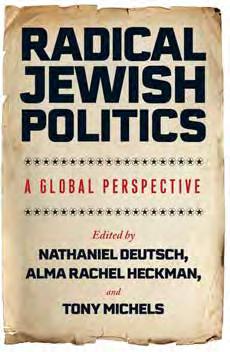
December 9, 2025
350 Pages • 6¼ x 9¼ • 1 table
9781978845718 • Paperback • $37.95
Rutgers Short
World History • Jewish Studies • Radicalism
Additional print format
9781978845725 • Hardcover • $130.00
Rutgers Super Short
Radical Jewish Politics
A
Global Perspective
Edited by Nathaniel Deutsch, Alma Rachel Heckman, and Tony Michels
For the first time, this volume centers the rich but little-known history of radical Jewish politics in the Middle East and North Africa and puts it into conversation with developments in the Americas, South Africa, Soviet Asia, and Europe. Jews were attracted to radical politics in the nineteenth and twentieth centuries to transform the societies they lived in but also out of a deep desire to belong. Somewhat paradoxically, then, radical politics held out the enticing possibility of normalization for Jews, even as it frequently resulted in their further alienation or persecution. In some cases, Jewish radicals sought recognition and autonomy as Jews; in others, Jews labored to be accepted as full-fledged citizens of their home countries; in still others, they tried to escape Jewishness altogether. Jewish experiences of modernity, colonialism, race, nationalism, emancipation, war, and migration, serve as the connective tissue that binds together radical Jewish politics from Baghdad to Buenos Aires.
NATHANIEL DEUTSCH is Distinguished Professor of History and Baumgarten Endowed Chair in Jewish Studies at the University of California, Santa Cruz. He is the author of a number of award winning books, including The Jewish Dark Continent: Life and Death in the Russian Pale of Settlement, for which he received a Guggenheim Fellowship.
ALMA RACHEL HECKMAN is an associate professor of history at the University of California, Santa Cruz. She is the author of The Sultan’s Communists: Moroccan Jews and the Politics of Belonging.
TONY MICHELS is the George L. Mosse Professor of American Jewish History at the University of Wisconsin-Madison. He is the author of A Fire in Their Hearts: Yiddish Socialists in New York, which won the Salo Baron Prize for Best First Book in Jewish Studies.
Finding Mr. Perfect K-Drama, Pop Culture, Romance, and Race
Min Joo Lee
"Lee develops a powerful conceptual framework for understanding the racialized erotic desires that structure both hallyu and tourism to Korea. Finding Mr. Perfect represents essential reading for all theorists of Korean media fandom, particularly those interested in its gendered and racial logics."
—Tom Baudinette, author of Boys Love Media in Thailand: Celebrity, Fans, and Transnational Asian Queer Popular Culture
"Lee interrogates how erotic desires rework Orientalist stereotypes, through analysis of K-drama masculinity scripts and conversations with female tourists and Korean men they meet. By exploring a "mutual gaze" where both parties harbor racialized erotic expectations, Lee offers a compelling examination of desire, power, and transnational romance."
—Olga Fedorenko, Seoul National University
Finding Mr. Perfect explores the romantic relationships between Korean men and women who were inspired by romantic Korean televisual depictions of Korean masculinity to travel to Korea as tourists. Author Min Joo Lee argues that disparate racialized erotic desires of Korean pop culture fans, foreign tourists to Korea, Korean men, and the Korean nation converge to configure the interracial and transnational relationships between these tourists and Korean men. Lee observes how racial prejudices are developed and manifested through interracial and transnational intimate desires and encounters. This book is the first to examine the interracial relationships between Hallyu tourists and Korean men. Furthermore, it is the first to analyze Korea as a popular romance tourist destination for heterosexual women. Finding Mr. Perfect illuminates South Korean popular culture’s transnational fandom and tourism as a global phenomenon where fantasies and realities converge to have a tangible impact on individual lives.
MIN JOO LEE is an assistant professor in the Department of Asian Studies at Occidental College in Los Angeles, California.

Black Orpheus and the Globalization of Afro-Brazilian Culture
Darién J. Davis
"In this excellent volume Darien Davis offers a wealth of information about the production, international impact and legacy of Marcel Camus’s Black Orpheus, especially its projection of an image of Brazil through its all-black cast and its vibrant music, which resonated deeply in such countries as France and the United States." —Randal Johnson, distinguished professor emeritus of Spanish and Portuguese at the University of California, Los Angeles.
“This works adopts a highly original approach, namely taking French director Marcel Camus’ 1958 film Black Orpheus as a point of departure for exploring the transnational migrations of Afro Brazilian popular culture in the 1960s and 1970s. Following a detailed exploration of this landmark film’s soundtrack and casting, Davis’ ambitious study focuses on its cultural repercussions in the US and France, charting the flows of Afro-Brazilian music and its performers.”
—Lisa Shaw. author of Tropical Travels: Brazilian Popular Performance, Transnational Encounters, and the Construction of Race
Black Orpheus and the Globalization of Afro-Brazilian Culture is the first historical study in English to examine the development, production, and reception of the 1958 film Black Orpheus and its legacy in the 1960s and 1970s. It focuses on the making of the film and the trajectories of the major actors and musicians who helped construct an image of Black Brazil and provides an analysis of the globalization of Afro-Brazilian images and music in France and the United States in the wake of the movie’s success. Using archival sources, interviews, and the secondary literature from France, Brazil, and the United States, this book reveals information about the cultural histories of all three countries and gives readers new insight into the trajectories of diverse actors such as Breno Mello, Marpessa Dawn, and Leea Garcia and performers such as Agostinho dos Santos, Baden Powell, and Maria D’Apparecida.
DAIRÉN J. DAVIS is a professor and the chair of Africana studies at Rutgers University–Newark. He is the author of four books, three edited volumes, and more than forty essays and articles in English, Spanish, and Portuguese. Global Media and Race
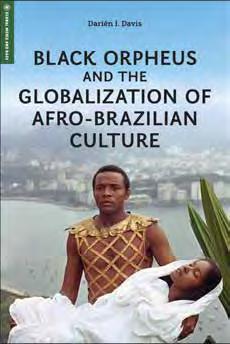
December 9, 2025
230 Pages • 6 x 9 • 8 B-W images
9781978844148 • Paperback • $34.95
Rutgers Short
Film • Latin American Studies • Race and Ethnic Studies
Additional print format
9781978844155 • Hardcover • $125.00
Rutgers Super Short

The Live-Action Animated Film
Kyle Meikle
Since cinema’s beginning, live actors and cartoon characters have traded places and invaded each other’s spaces, with real people getting animated and animated characters getting real. The Live-Action Animated Film looks at the long history of movies that combine live action with 2D, stop-motion, and 3D animation to hallucinogenic effect. This survey suggests that the experimental and idiosyncratic mixed pics of the twentieth century set the template for the mainstream blockbusters of the twenty-first. Covering everything from Technicolor musicals and creature features to contemporary remakes and reboots, The Live-Action Animated Film brings this significant, boundary-blurring genre into sharper focus. In retrospect, the introduction of cartoons into live action looks as central to film history as the coming of sound or color.
KYLE MEIKLE is an associate professor of English and communication at the University of Baltimore. He is the author of Adaptations in the Franchise Era: 2001–16
Quick Takes: Movies and Popular Culture
Quick: Movies and Popular Culture
Edited by Gwendolyn Audrey Foster and Wheeler Winston Dixon
Quick Takes: Movies and Popular Culture offers succinct overviews and high-quality writing on cutting-edge themes and issues in film and media studies. Authors offer both fresh perspectives on new areas of inquiry and original takes on established topics. Library hardcovers are also available
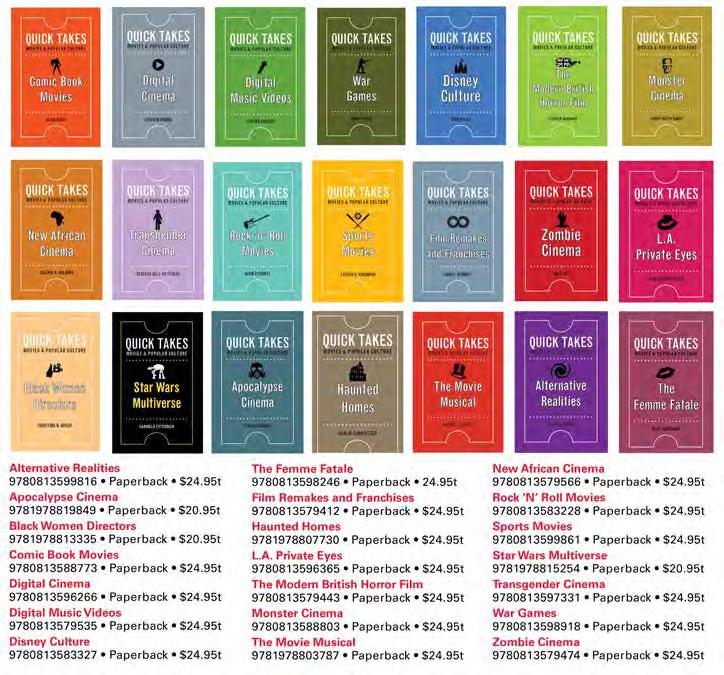
A Short History of Film, Fourth Edition
Wheeler Winston Dixon and Gwendolyn Audrey Foster
“This excellent introduction stands out in a crowded field with its lively, accessible writing, broad coverage, and particular focus on traditionally marginalized figures in film history. . . . Illustrations abound, and even the best-versed cineaste will find new films to track down after reading the breezy, enthusiastic analysis in this book. Highly recommended for all collections.”
Library Journal, starred review, on the first edition
“The authors touch all the bases—they address new trends in international moviemaking, technologies, and critical theory and the emergence of new national and ethnic cinemas—and relate film history to social history. . . . Each new technique, style, school, trend, and newly visible ethnic or feminist group takes its place in the larger history, and Dixon and Foster make it all accessible to the neophyte reader without ever breaking the pace. Uncommonly well-reproduced stills and a topically organized bibliography enhance the discussion. . . . Highly recommended.”
Choice, on the first edition
"A comprehensive and detailed overview of the last 100 years of international film history."
LitHub, on the third edition
"This is the film history book we've been waiting for."
—David Sterritt, chairman, National Society of Film Critics
"A new history of international film at an affordable price. Nothing like those text book prices for a change. Includes perspectives on women and minorities in film along with innovations in technology, genres, studios, and conglomerates."
—Stephanie Ogle, cofounder, Cinema Books
A Choice Significant University Press Title for Undergraduates
This updated and expanded edition of A Short History of Film provides an accessible overview of the major movements, directors, studios, and genres from the 1880s to the present. Succinct yet comprehensive, with more than 250 rare stills and illustrations, this edition provides new information on contemporary horror, comic book, and franchise films; issues surrounding women and minority filmmakers; the effects of the COVID-19 pandemic on movies worldwide; the shift from film to digital production; the rising use of artificial intelligence in cinema; and the impact of streaming on the industry.
Beginning with the precursors of moving pictures, Wheeler Winston Dixon and Gwendolyn Audrey Foster lead a fast-paced tour through the invention of the kinetoscope, the introduction of sound and color between the two world wars, and ultimately the computer-generated imagery of the present day. They detail significant periods in world cinema, including the creation of early major industries in Europe, the dominance of the Hollywood studio system in the 1930s and 1940s, and the French New Wave of the 1960s. They also highlight independent efforts in developing nations and the corresponding more personal independent film movement that briefly flourished in the United States.
Compact and easily readable, this is a vital history of international cinema is a one-stop resource for students, teachers, and general readers alike.
WHEELER WINSTON DIXON is the James Ryan Professor Emeritus of Film Studies at the University of Nebraska–Lincoln. He is the author of many books, including A History of Horror, 2nd Edition (Rutgers University Press), and an internationally known experimental filmmaker.
GWENDOLYN AUDREY FOSTER is Willa Cather Professor Emerita of Film Studies at the University of Nebraska–Lincoln. She is an award-winning experimental filmmaker
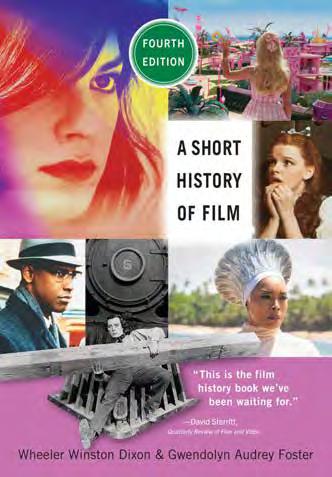
September 9, 2025
468 Pages • 7 x 10 • 31 color and 231 B-W images
9781978837669 • Paperback • $44.95
Rutgers Short Film
Additional print format:
9781978837676 • Hardcover • $120.00
Rutgers Super Short
Table of Contents Acknowledgments Timeline 1832–2012
1. The Invention of the Movies
2. The Birth of an American Industry
3. World Cinema: The Silent Era
4. The Hollywood Studio System in the 1930s and 1940s
5. International Cinema Through World War II
6. Postwar Challenges to the Movies
7. World Cinema in the 1950s
8. The 1960s Explosion
9. World Cinema 1970 to the Present
10. The New Hollywood Glossary of Film Terms Bibliography Index
Previous Edition
Short History of Film, Third Edition 9780813595122 (paperback) 9780813595139 (cloth)
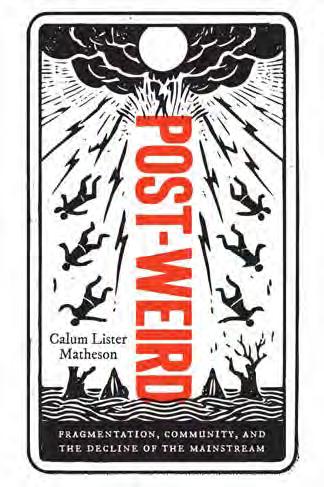
November 11, 2025 210 Pages • 6 x 9
9781978840164 •
Post-Weird
Fragmentation, Community, and the Decline of the Mainstream Calum Lister Matheson
"Post-Weird is an intricate account of how radically different interpretations of potent symbols like “Science” are made possible by very similar psychic structures shaping our social worlds. Matheson produces a psychoanalytic rhetorical theory that adapts Jacques Lacan masterfully to our new media environment. Using cases as diverse as Sandy Hook denialists, snake handlers, and anti-trans rhetorical agents, PostWeird asks readers to think about anti-rhetorical reading practices; at stake is our capacity to tolerate the actual, real ambiguity and contingency of being human in community with others."
—Eric King Watts, author of Postracial Fantasies and Zombies: On the Racist Apocalyptic Politics Devouring the World
“Matheson racoons through the recesses of internet subculture so we don’t have to. But to the reader’s surprise, Post-Weird illustrates the ubiquity of delusion by documenting how the fragmentation of consensus reality and the emergence of paranoid reading practices expose the anti-rhetorical psychotic structure that unites us in our difference.”
—Casey Kelly, author of Caught on Tape: White Masculinity and Obscene Enjoyment
"Life is weird—and getting weirder. Matheson’s Post-Weird should be heralded a keystone in having anticipated, through careful attention to "fringe" rhetorical communities, how weirdness envelops our culture, and eventually comes for us all. With humor, sensitivity, and a critical eye, Matheson revivifies rhetorical concepts like propriety, and dignifies psychoanalytic concepts like psychosis to help us better understand our mediated, “weird” age."
—Robert McDonald, author of Works Like a Charm: Incentive Rhetoric and the Economization of Everyday Life
Additional print format:
9781978840171
Post-Weird: Fragmentation, Community, and the Decline of the Mainstream is an ambitious look at how communities form when old forms of authority and meaning seem to be collapsing around us. This book goes beyond the fraying of contemporary American culture to ask how communities that used to be considered “fringe,” for better or worse, come together. Dr. Matheson examines far-flung groups from Appalachian serpent-handling churches to Sandy Hook conspiracy theorists, pro-anorexia Internet forums to reactionary pseudoscientists, finding consistent parallels amidst their diversity. The key trend he identifies is anti-rhetorical discourse: the insistence that the symbols shared by each community represent a hidden truth that cannot be questioned or interpreted but is revealed through signs—words, images, videos, and texts. Against these rigid worldviews, Dr. Matheson calls for a revival of the art of rhetoric, not just as a set of techniques, but as a creative, curious orientation towards the world in all of its ambiguity and uncertainty.
CALUM LISTER MATHESON is an associate professor and chair of the Department of Communication at the University of Pittsburgh and faculty at the Pittsburgh Psychoanalytic Institute. He is the author of Desiring the Bomb: Communication, Psychoanalysis, and the Atomic Age (2019).
Film as Argument
The Secret to Feature Film Storytelling
Darren Paul Fisher
“Every filmmaker should read this book.”
—Phillip Noyce, director of Patriot Games
"A clear step-by-step book on how and why we make films. I loved reading it. I could not put it down."
—Wayne Blair, director of The Sapphires
“Entertaining and accessible, Film as Argument delivers a powerful message: to move an audience a narrative film must be truly convincing. By redefining the characteristics of a successful film and with fresh insights into the how and why of creative practice, this book will revolutionize your understanding of filmmaking.”
—Bren Simson, author of Storytelling for Directors: From Script to Screen
"A thorough exploration of cinematic storytelling, its purpose, and to some degree its responsibility. The book identifies narrative strategies that will undoubtedly be of value to both creative practitioners and anyone interested in the past, present, and future of feature filmmaking."
—Billy Frolick, screenwriter and film director
If you’ve picked up this book, it’s most likely that you have an interest in movies over and above the typical audience member, perhaps a screenwriter, producer, or director looking to improve your work, always searching for any insight that will result in better cinematic storytelling. If that’s the case, then good news: this is the book for you. It asks a deceptively straightforward question. Why do we make feature films?
Is it to entertain? To move an audience? To tell a powerful story? For fame and fortune?
You may have answered yes to each, but those answers don’t account for the practice overall. Most books about screenwriting and directing are primarily concerned with craft and technique, but how can you truly understand filmmaking—or make the best films— unless you know what purpose it really serves.
So what’s the secret? As the title of this book suggests, making feature films is fundamentally the practice of making a very specific type of argument. To see how this works, we will deep-dive into how filmmakers are trained and taught to think about filmmaking, and what traditions they knowingly or unknowingly follow. We will look at hundreds of films and some major case studies, including Toy Story 3, Schindler’s List, Raiders of the Lost Ark, Amour, and mother!, to explore how and what films argue, and why knowing this can unlock both a greater appreciation of the form, and improve the impact your films make.
DARREN PAUL FISHER is an international multi-award-winning screenwriter, director, producer, and head of film, screen and creative media at Bond University, Australia.
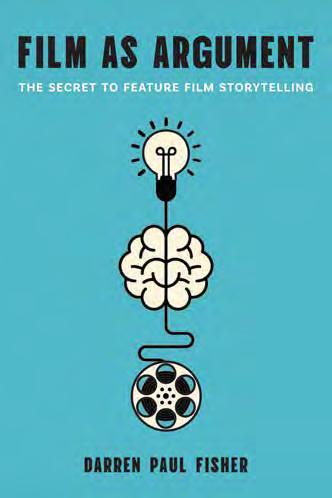
September 9, 2025
234 Pages • 6 x 9 • 1 table image
9781978841130 • Paperback • $29.95
Rutgers Short Film • Filmmaking
Additional print format:
9781978841147 • Hardcover • $120.00
Rutgers Super Short
Table of Contents
Note on Screen References
Part I: The Elephant in the Screening Room
Chapter 1 What’s the Big Secret?
Chapter 2 The Other Half of the Story: A Brief History of Film as Argument
Chapter 3 What and How Films Argue
Chapter 4 Alternate Conceptions
Part II: The Case Studies
General Notes on the Case Studies
Chapter 5 The Exemplar: Toy Story 3
Chapter 6 The Counter-Example: Mulholland Drive
Chapter 7 Three Approaches: Brave, Frozen, and Barbie
Part III: Now on Release and Coming Attractions
Chapter 8 Why Failures Succeed: The Cinema of Compensation
Chapter 9 The End
Acknowledgments
Screen References
Bibliography
Index
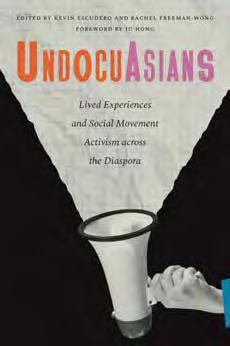
January 13, 2026
220 Pages • 6 x 9 • 3 color and 1 B-W
images
9781978820258 • Paperback • $34.95
Rutgers Short Asian American Studies •
Additional print format
9781978820265 • Hardcover • $140.00
Rutgers Super Short
UndocuAsians
Lived Experiences and Social Movement Activism Across the Diaspora
Edited by Kevin Escudero and Rachel Freeman-Wong Foreword by Ju Hong
Asian immigrants comprise over 10% of the national undocumented immigrant population, and Asian Americans are the fastest growing racial/ethnic group in the United States today. Asian undocumented communities, alongside their Latinx and Black undocumented counterparts, have also emphasized the importance of their racial/ethnic identities alongside their immigrant legal status in their organizing. UndocuAsians tells the story of the contemporary US immigrant rights movement with a focus on Asian undocumented immigrant narratives, drawing on personal reflections and research studies by self-identified undocuAsian organizers and scholars from Asian immigrant backgrounds. Topics discussed in the volume include activists’ navigation of racialized “illegality,” the importance of chosen and biological family, pathways in the pursuit of higher education, the role of faith communities in the lives of Asian undocumented immigrants, and healing. Combined, these essays provide a diverse portrait of the vibrant, powerful community of Asian undocumented immigrants today.
KEVIN ESCUDERO is an assistant professor of American studies and ethnic studies and affiliated faculty member in the Department of Sociology, the Population Studies and Training Center, and the Native American and Indigenous Studies Initiative at Brown University, Rhode Island. He is the author of Organizing While Undocumented: Immigrant Youth's Political Activism Under the Law
RACHEL FREEMAN-WONG is a postdoctoral research associate for the Population Studies and Training Center at Brown University, Rhode Island. She has worked with immigrant advocacy organizations including The UndocuScholars Project at UCLA.
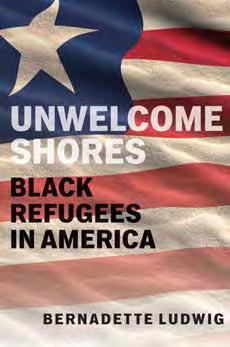
December 9, 2025
218 Pages • 6¼ x 9¼ • 5 color and 2 BW images
9781978843073 • Paperback • $39.95
Rutgers Short
Global Black Studies • Migration
Additional print format
9781978843080 • Hardcover • $130.00
Rutgers Super Short
Unwelcome Shores
Black Refugees in America
Bernadette Ludwig
"Full of rich and absorbing ethnographic material, Unwelcome Shores puts race at center stage as it reveals the complex meanings and consequences of being Black for Liberian refugees in the United States. A valuable and welcome contribution."
—Nancy Foner, author of One Quarter of the Nation: Immigration and the Transformation of America
"Unwelcome Shores provides a comprehensive and thoughtful analysis of a community that has been marginalized within scholarship, public discourse, and policy conversations. Through a sociological and historical approach, Bernadette Ludwig shows how the lived experience of war, displacement, resettlement, and finding community are shaped by slavery, capitalism, and immigration laws that limit who can enter and who can leave the U.S. in different historical moments."
—Helena Zeweri, author of Between Care and Criminality: Marriage, Citizenship, and Family in Australian Social Welfare
Unwelcome Shores is an ethnographic study of the Liberian refugee community in Staten Island, New York, home to the largest per capita concentration of Liberians in the US, that sheds light on the racialization of Black refugees and the racism they have experienced at every step of their migration journey. In this pioneering study, sociologist Bernadette Ludwig explores how Liberians have responded to such racist exclusions, noting how members of this community reject the informal refugee label once they are resettled in the United States. Liberian migrants often view the label as a liability since the larger general public, the media, and the US government tend to regard Black refugees as an economic and social burden unworthy of assistance. Indeed, Black refugees’ humanity is often ignored, Ludwig contends, in favor of overemphasizing presumed barbaric violence, endemic wars, cultural backwardness, and diseases. By detailing the lack of aid and support for Black refugees and describing how Liberian refugees in particular have had to overcome various struggles and barriers in coming to the US and while living here, Unwelcome Shores highlights the overarching role of race and anti-Black racism in American society.
BERNADETTE LUDWIG is an associate professor of sociology and the director of civic engagement at Wagner College and an affiliated faculty at the New School’s Zolberg Institute on Migration and Mobility in New York City. She is a firstgeneration immigrant and college graduate. Prior to entering academia, she worked with refugee and immigrant communities in Atlanta, Georgia for several years.

